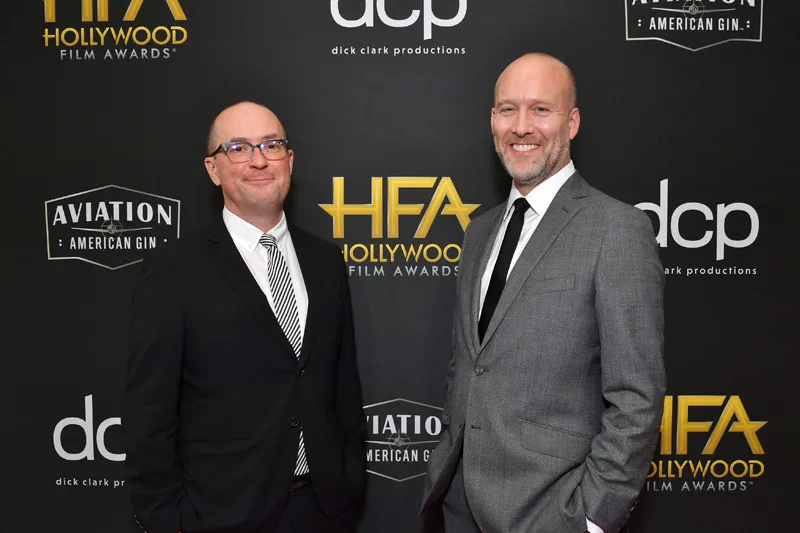CS Interview: Avengers: Endgame writers discuss crafting the Marvel blockbuster
It might be six months since the mammoth Marvel blockbuster Avengers: Endgame hit the big screens and gave audiences an emotional sendoff for key characters, but it’s no closer to leaving everyone’s minds. From questions regarding what the future holds, to reminiscing on some of the tear-jerking moments from the film, ComingSoon.net got the opportunity to talk with writers Christopher Markus and Stephen McFeely to gain insight into how the two crafted the closing chapter in the Infinity Saga.
Spoiler Warning for Avengers: Endgame!
RELATED: Robert Downey Jr. Declined an Oscar Campaign for Avengers: Endgame
With a runtime of just over three hours, the story not only seeks to balance a large roster of characters, but also a rewarding variety of tones. With everything from a more emotional and meandering first third to explore the aftermath of Thanos’ devastating snap, to a comedic heist thriller in the middle to a rousing final battle near the end.
“We really wanted a long dive into the humanity of everybody at the beginning and wanted to give ourselves as much time as it needed,” Markus said. “Then, after that, you know, it was inevitably going to be somber, so we wanted an upbeat middle that got kind of heisty and then, we just wanted to blow the roof off.”
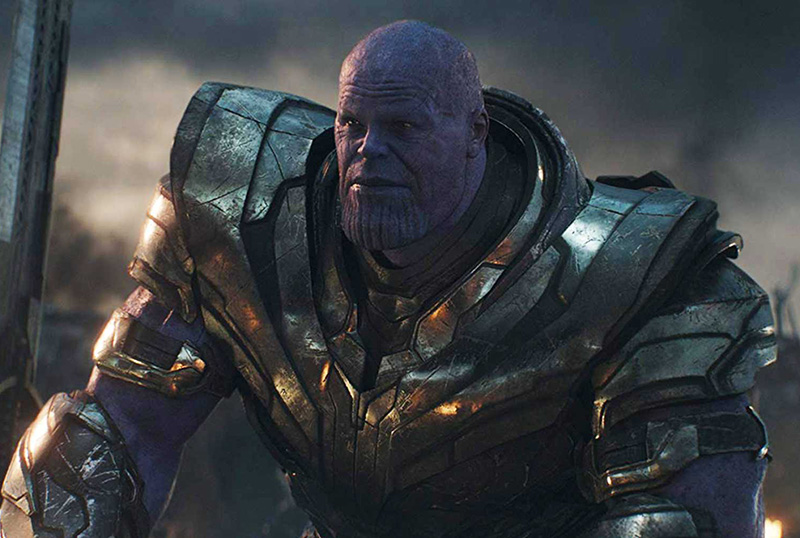
Despite the Avengers being in the titles, the duo actually took an off-beaten path for both Infinity War and Endgame by crafting the story around the Mad Titan Thanos (Josh Brolin) as the protagonist of the story and the heroes as his antagonist. McFeely said that the “story sort of evolved into place” after the two figured that element out.
“The Thanos in the second part of Endgame is the guy who doesn’t have the stones yet and his plan to solve the universe’s problem that way is still just a bit of a fantasy,” Markus said. “He’s only just heard about where the first one might be. So he has been operating under a ‘let’s kill lots of people and that will lower the population’ pretty basic concept of crowd control. He’s also a guy, interestingly, who hasn’t gone through the losses of both his daughters leaving him. Gamora in particular, he groomed her to be his successor and she left him. That is a sobering thing for him. His dream of a perfect empire crumbles in between Guardians and Endgame.”
“By killing him at the beginning of the movie then bringing him back meant that we were going to get a chance to show what we called the Warlord Thanos,” McFeely said. “We were a little worried that maybe that wasn’t as philosophical and as enlightened a thing for Thanos.”
Purchase your copy of Avengers: Endgame here!
With a roster that includes nearly as many alien characters as much as human, the duo worked hard to ensure that while putting them on the screen, they “never stopped focusing on the humanity” of the characters, with Markus attributing this to “finding the true center of the story is seeing what the characters are feeling.”
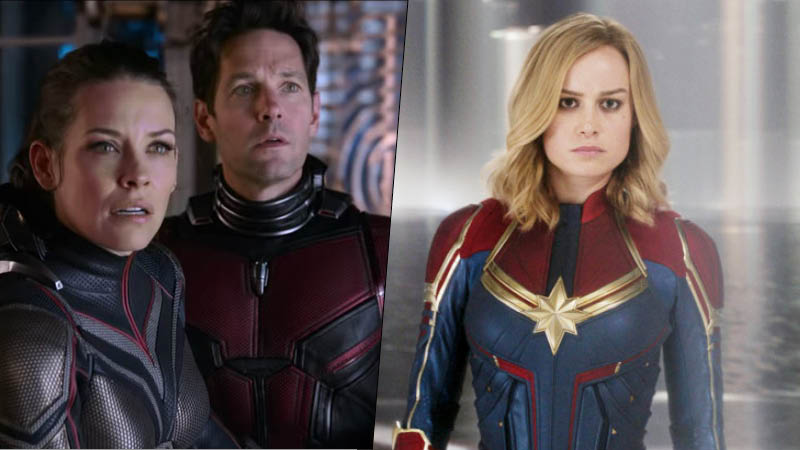
One of the toughest parts of being part of an intersecting franchise such as the Marvel Cinematic Universe is figuring out how to balance individual character franchises as much as Ant-Man and Captain Marvel as they lead up to a big crossover event such as this, and while Marvel President Kevin Feige has typically been in charge of ensuring smooth sailings, the duo did have a couple notes for the two films released prior to Endgame.
“Our input was the two tags, which we wrote because we very much needed Scott to be in the quantum realm at the end of Ant-Man and the Wasp,” Markus said “We also really wanted to be off to the races at the beginning of Endgame, which means we had to off screen have Captain Marvel meet the Avengers. But we tried to keep our interference relatively siloed to the end. Luckily, one of those movies is a simultaneous thing to Infinity War, so it doesn’t have to deal with the issues, and the other one is 20 years prior.”
“When we’re doing this, we’re charting all this out, the broad strokes in the last four months of 2015,” McFeely said. “So those movies are just glimmers in people’s eyes at that point. So even when directors and writers get on board, they sort of already know, ‘We need to leave Scott in the quantum realm,’ and ‘We probably have free reign to play with Captain Marvel’s story because it’s already going to be in the ’90s’. But I do remember us having those ah-ha moments where we went, oh my gosh, let’s keep Scott out of Infinity War to make sure he can do whatever he wants in his movie, as long as we travel to the quantum realm and we can jumpstart Endgame.”
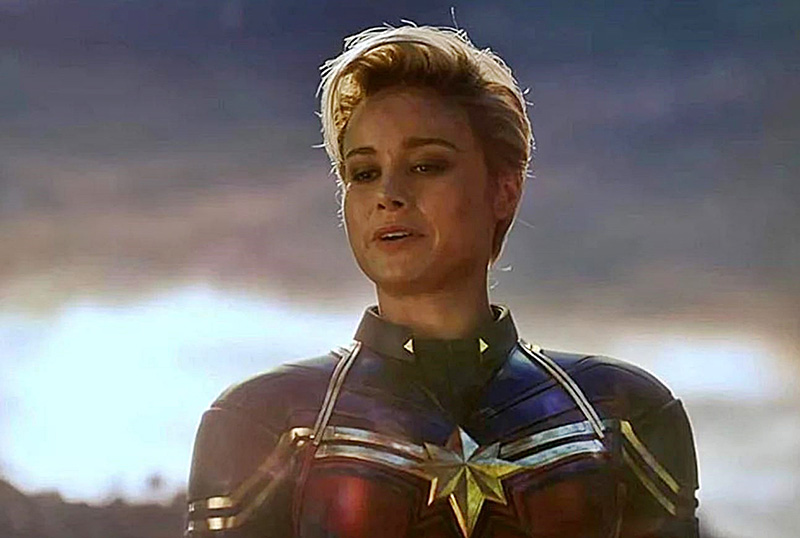
There were many fan theories heading into Endgame who would be the ultimate hero to help bring back the fallen heroes from Infinity War and with Captain Marvel set to release a few months prior, many felt the former Air Force pilot turned space avenger would be the over-powered finisher to save the day. But heading into the crafting process, the duo wanted to keep the ball rolling on finding a way to level the playing field.
“To varying degrees, these are all powerful characters, right?” McFeely said. “If I told you that this guy is the god of thunder, he’s thousands of years old and wields lightning, he can lift a house over his head. Like, that’s pretty overpowered, but we don’t say that about Thor these days because he’s gradually become a very interesting character because he’s got flaws and worries and weaknesses. I assume that they’re going to find ways to challenge her going forward in both team movies.”
“Not every fight is about strength,” Markus offered. “I mean, they’re about emotional choices and sacrifices that the characters need to make. You know, the things they love that are threatened. So it’s not always about if you can win the arm wrestling contest.”
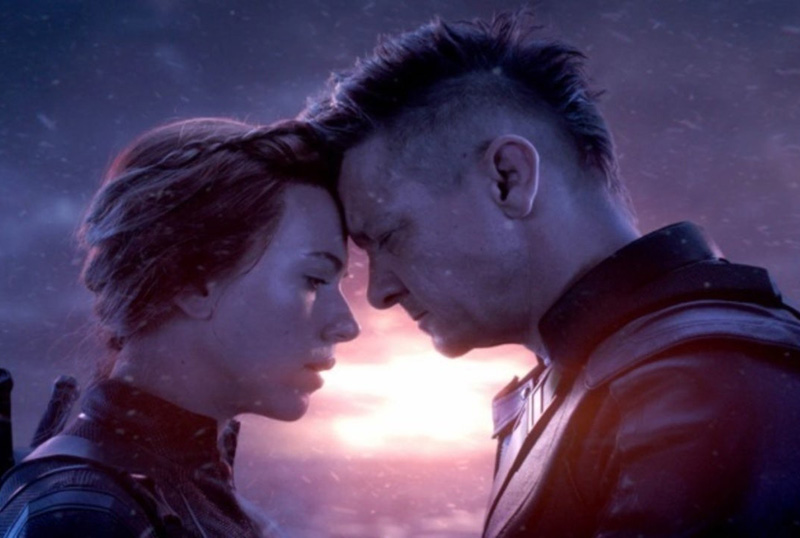
Despite all of the planning that went into crafting the story years in advance, the two did find a desire to go back to the writer’s room and change up a key sequence in the film: the death of Natasha Romanoff, aka Black Widow (Scarlett Johansson).
“It had an entirely different dynamic that was those two still showed up, still had the talk with Red Skull, but then, Thanos and his army showed up and were trying to pin down, and they had to make a decision there,” Markus said. “While it was exciting, it meant there was a gun to her head when she made the decision. It took some of the agency away from her and it made it less emotional and more situational.”
RELATED: Avengers: Endgame Writers Discuss Cap Crossing Paths with Red Skull
Avengers: Endgame shattered records when it opened day-and-date April 26 with $1,223.6M globally, including $357.1M and $866.5M internationally. It crossed the $1B mark in just 5 days and the $2B mark in 11. Currently, the film is the #1 domestic and international release of all time, with just under $1 billion and $2 billion respectively. It’s the #1 release of all time in 25 territories, and the #3 highest-grossing film of all time in China with $629M.
The MCU mega-crossover stars Robert Downey Jr., Chris Evans, Mark Ruffalo, Scarlett Johansson, Chris Hemsworth, Jeremy Renner, Don Cheadle, Sean Gunn, Paul Rudd, Brie Larson, Karen Gillan and Josh Brolin. It’s still playing in theaters, despite coming out in April.
Avengers: Endgame is available on home video now.
(Photo Credit: Getty Images)
Avengers: Endgame
-
Avengers: Endgame

-
Avengers: Endgame

-
Avengers: Endgame

-
Avengers: Endgame
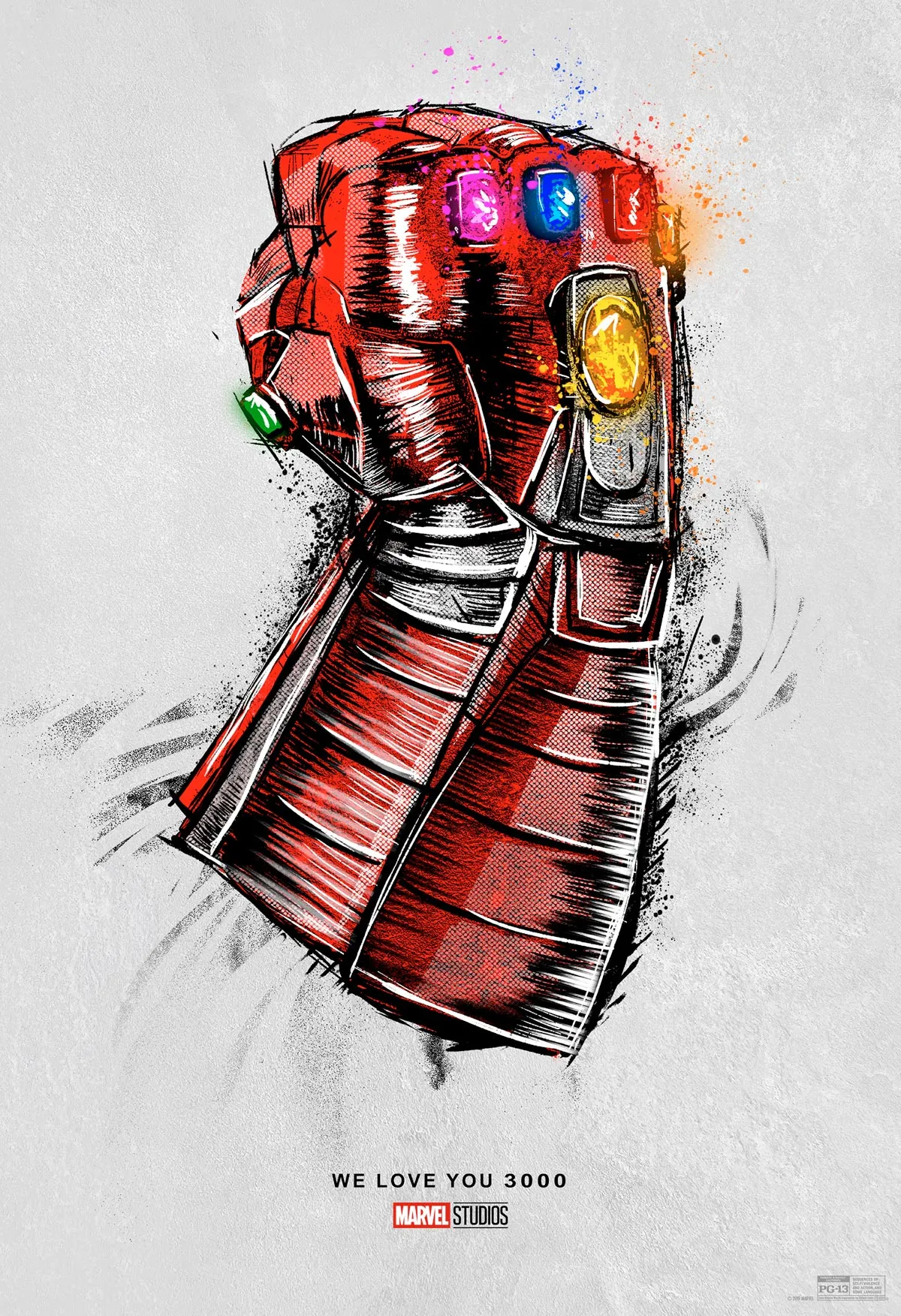
-
Avengers: Endgame
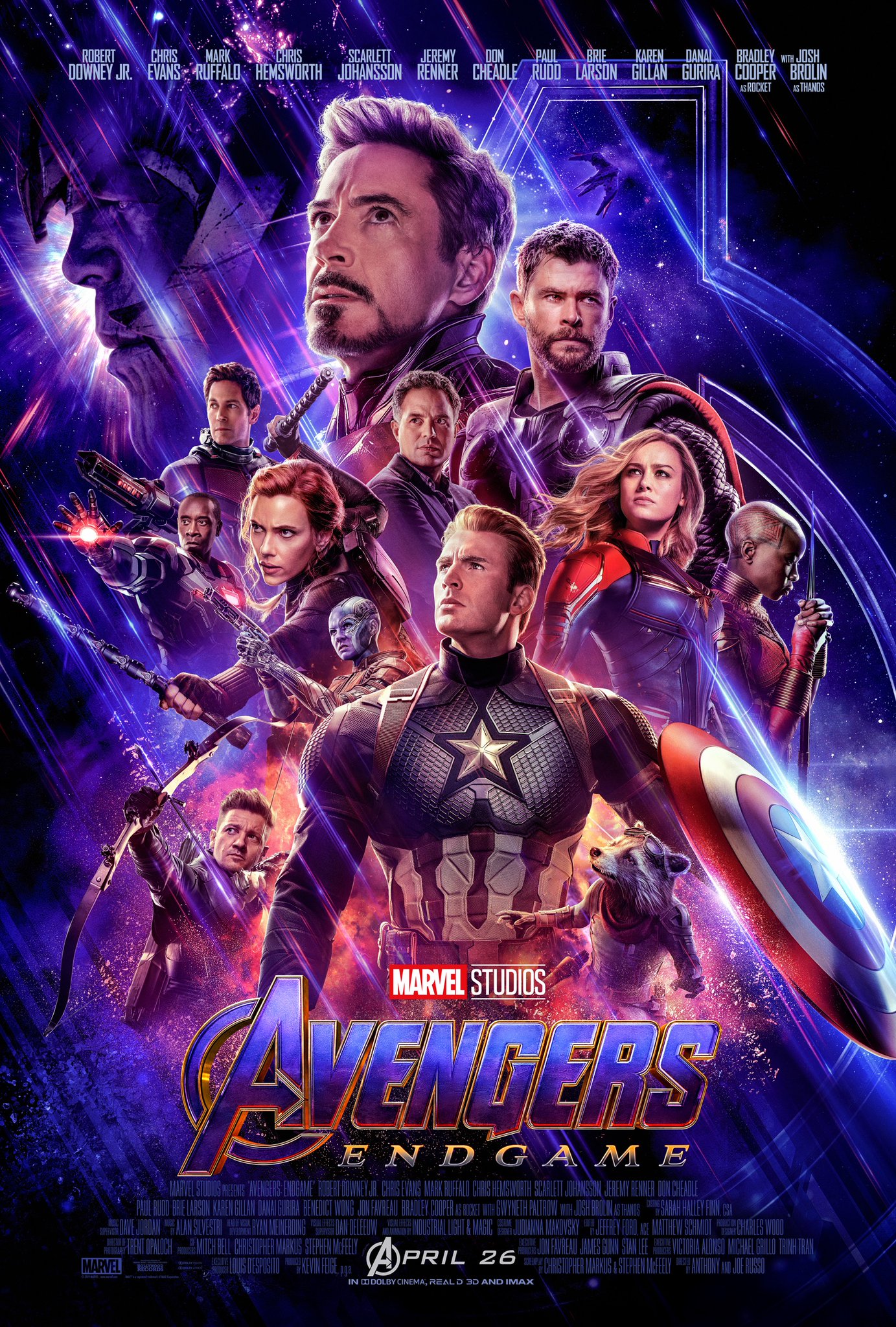
-
AVENGERS: ENDGAME

-
AVENGERS: ENDGAME

Marvel Studios' AVENGERS: ENDGAMEL to R: Black Widow/Natasha Romanoff (Scarlett Johansson), Thor (Chris Hemsworth), Captain Marvel/Carol Danvers (Brie Larson) and War Machine/James Rhodey (Don Cheadle)Photo: Film Frame©Marvel Studios 2019
-
AVENGERS: ENDGAME

Marvel Studios' AVENGERS: ENDGAMEL to R: Thor (Chris Hemsworth) and Captain Marvel/Carol Danvers (Brie Larson)Photo: Film Frame©Marvel Studios 2019
-
AVENGERS: ENDGAME

Marvel Studios' AVENGERS: ENDGAMEThor (Chris Hemsworth)Photo: Film Frame©Marvel Studios 2019
-
AVENGERS: ENDGAME

Marvel Studios' AVENGERS: ENDGAMEBruce Banner/Hulk (Mark Ruffalo)Photo: Film Frame©Marvel Studios 2019
-
AVENGERS: ENDGAME

Marvel Studios' AVENGERS: ENDGAMEPhoto: Film Frame©Marvel Studios 2019
-
AVENGERS: ENDGAME

-
AVENGERS: ENDGAME

Marvel Studios' AVENGERS: ENDGAMEBlack Widow/Natasha Romanoff (Scarlett Johansson)Photo: Film Frame©Marvel Studios 2019
-
AVENGERS: ENDGAME

Marvel Studios' AVENGERS: ENDGAMEPhoto: Film Frame©Marvel Studios 2019
-
AVENGERS: ENDGAME

Marvel Studios' AVENGERS: ENDGAMEBlack Widow/Natasha Romanoff (Scarlett Johansson)Photo: Film Frame©Marvel Studios 2019
-
AVENGERS: ENDGAME

Marvel Studios' AVENGERS: ENDGAMEBruce Banner (Mark Ruffalo)Photo: Film Frame©Marvel Studios 2019
-
AVENGERS: ENDGAME

Marvel Studios' AVENGERS: ENDGAMEThor (Chris Hemsworth)Photo: Film Frame©Marvel Studios 2019
-
AVENGERS: ENDGAME

Marvel Studios' AVENGERS: ENDGAMERocket (voiced by Bradley Cooper)Photo: Film Frame©Marvel Studios 2019
-
AVENGERS: ENDGAME

Marvel Studios' AVENGERS: ENDGAMETony Stark/Iron Man (Robert Downey Jr.)Photo: Film Frame©Marvel Studios 2019
-
AVENGERS: ENDGAME

Marvel Studios' AVENGERS: ENDGAMETony Stark/Iron Man (Robert Downey Jr.)Photo: Film Frame©Marvel Studios 2019
-
AVENGERS: ENDGAME

Marvel Studios' AVENGERS: ENDGAMENebula (Karen Gillan)Photo: Film Frame©Marvel Studios 2019
-
AVENGERS: ENDGAME

Marvel Studios' AVENGERS: ENDGAMEL to R: Black Widow/Natasha Romanoff (Scarlett Johansson), Captain America/Steve Rogers (Chris Evans), Bruce Banner (Mark Ruffalo), and War Machine/James Rhodes (Don Cheadle)Photo: Film Frame©Marvel Studios 2019
-
AVENGERS: ENDGAME

Marvel Studios' AVENGERS: ENDGAMEThor (Chris Hemsworth)Photo: Film Frame©Marvel Studios 2019
-
AVENGERS: ENDGAME

Marvel Studios' AVENGERS: ENDGAMEL to R: Tony Stark/Iron Man (Robert Downey Jr.) and Nebula (Karen Gillan)Photo: Film Frame©Marvel Studios 2019
-
AVENGERS: ENDGAME

Marvel Studios' AVENGERS: ENDGAMECaptain America/Steve Rogers (Chris Evans)Photo: Film Frame©Marvel Studios 2019
-
AVENGERS: ENDGAME

Marvel Studios' AVENGERS: ENDGAMEL to R: Black Widow/Natasha Romanoff (Scarlett Johansson) and Captain America/Steve Rogers (Chris Evans)Photo: Film Frame©Marvel Studios 2019
-
AVENGERS: ENDGAME

Marvel Studios' AVENGERS: ENDGAMEPhoto: Film Frame©Marvel Studios 2019
-
AVENGERS: ENDGAME

Marvel Studios' AVENGERS: ENDGAMEHawkeye/Clint Barton (Jeremy Renner)Photo: Film Frame©Marvel Studios 2019
-
AVENGERS: ENDGAME

Marvel Studios' AVENGERS: ENDGAMEL to R: Hawkeye/Clint Barton (Jeremy Renner), War Machine/James Rhodes (Don Cheadle), Ant-Man/Scott Lang (Paul Rudd), Rocket (voiced by Bradley Cooper), Black Widow/Natasha Romanoff (Scarlet Johansson), Thor (Chris Hemsworth) and Captain America/Steve Rogers (Chris Evans)Photo: Film Frame©Marvel Studios 2019
-
AVENGERS: ENDGAME

Marvel Studios' AVENGERS: ENDGAMESteve Rogers/Captain America (Chris Evans)Photo: Film Frame©Marvel Studios 2019
-
AVENGERS: ENDGAME

Marvel Studios' AVENGERS: ENDGAMEL to R: War Machine (Don Cheadle) and Ant-Man (Paul Rudd)Photo: Film Frame©Marvel Studios 2019
-
AVENGERS: ENDGAME

Marvel Studios' AVENGERS: ENDGAMEAnt-Man/Scott Lang (Paul Rudd)Photo: Film Frame©Marvel Studios 2019
-
AVENGERS: ENDGAME

Marvel Studios' AVENGERS: ENDGAMEThanos' armorPhoto: Film Frame©Marvel Studios 2019
-
AVENGERS: ENDGAME

Marvel Studios' AVENGERS: ENDGAMEL to R: Hawkeye/Clint Barton (Jeremy Renner) and daughter (Sophia Russo)Photo: Film Frame©Marvel Studios 2019
-
AVENGERS: ENDGAME

Marvel Studios' AVENGERS: ENDGAMENebula (Karen Gillan)Photo: Film Frame©Marvel Studios 2019
-
AVENGERS: ENDGAME

Marvel Studios' AVENGERS: ENDGAMEL to R: Nebula (Karen Gillan) and Captain America/Steve Rogers (Chris Evans)Photo: Film Frame©Marvel Studios 2019
-
AVENGERS: ENDGAME

Marvel Studios' AVENGERS: ENDGAMEL to R: Hawkeye/Clint Barton (Jeremy Renner), Ant-Man/Scott Lang (Paul Rudd) and Nebula (Karen Gillan)Photo: Film Frame©Marvel Studios 2019
-
AVENGERS: ENDGAME

Marvel Studios' AVENGERS: ENDGAMEHawkeye/Clint Barton (Jeremy Renner)Photo: Film Frame©Marvel Studios 2019
-
AVENGERS: ENDGAME

Marvel Studios' AVENGERS: ENDGAMEL to R: War Machine/James Rhodey (Don Cheadle) and Hawkeye/Clint Barton (Jeremy Renner)Photo: Film Frame©Marvel Studios 2019
-
AVENGERS: ENDGAME

Marvel Studios' AVENGERS: ENDGAMETony Stark/Iron Man (Robert Downey Jr.)Photo: Film Frame©Marvel Studios 2019
-
AVENGERS: ENDGAME

Marvel Studios' AVENGERS: ENDGAMEL to R: Nebula (Karen Gillan) and War Machine/James Rhodey (Don Cheadle)Photo: Film Frame©Marvel Studios 2019
-
Avengers: Endgame
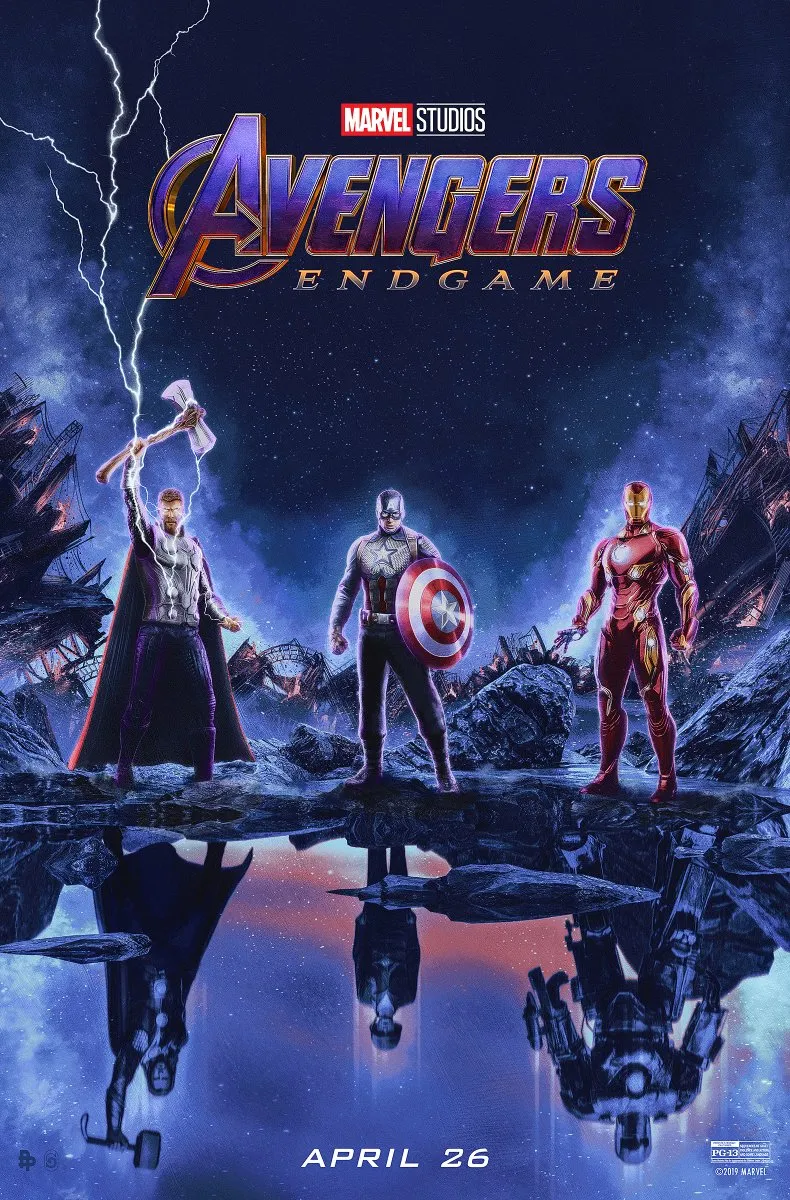
-
Avengers: Endgame
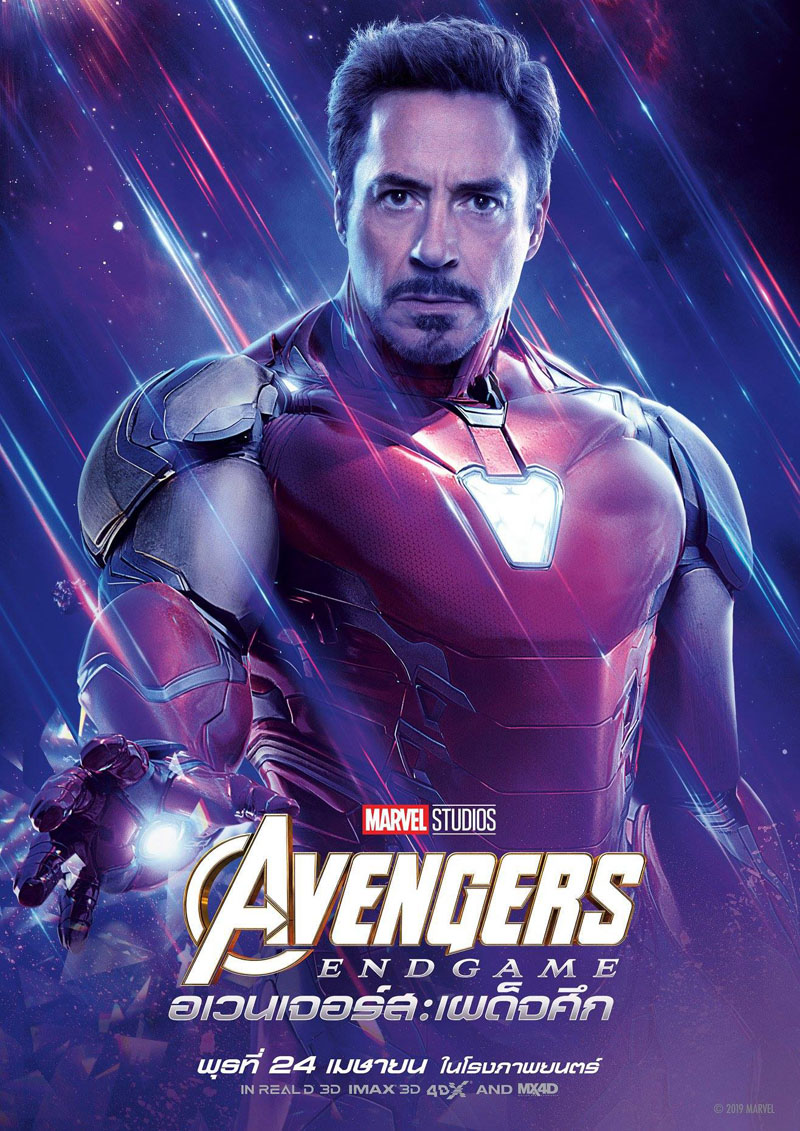
-
Avengers: Endgame
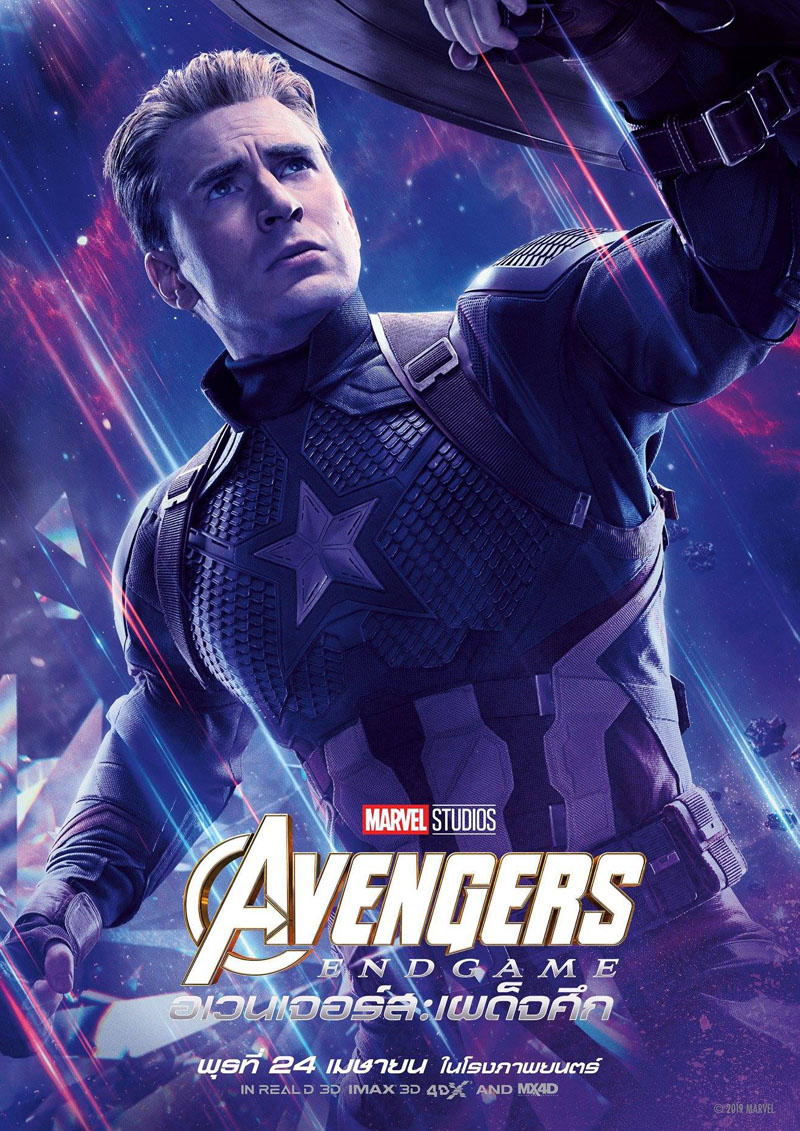
-
Avengers: Endgame
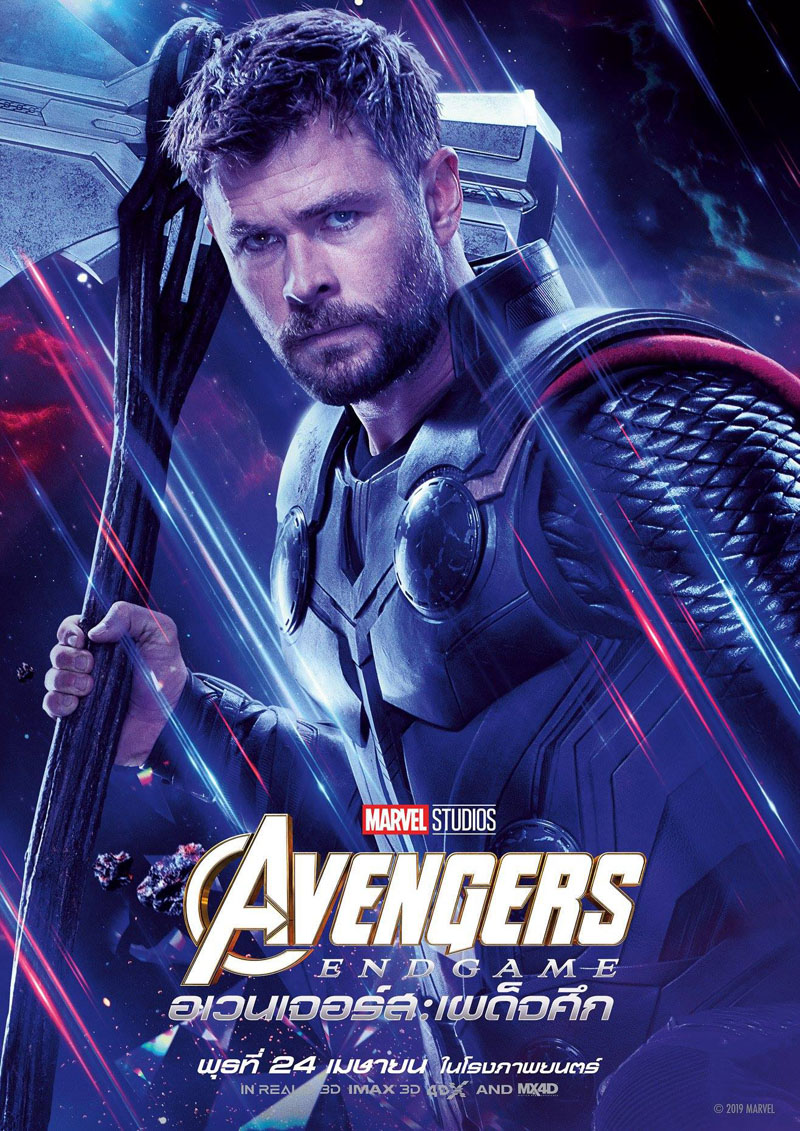
-
Avengers: Endgame
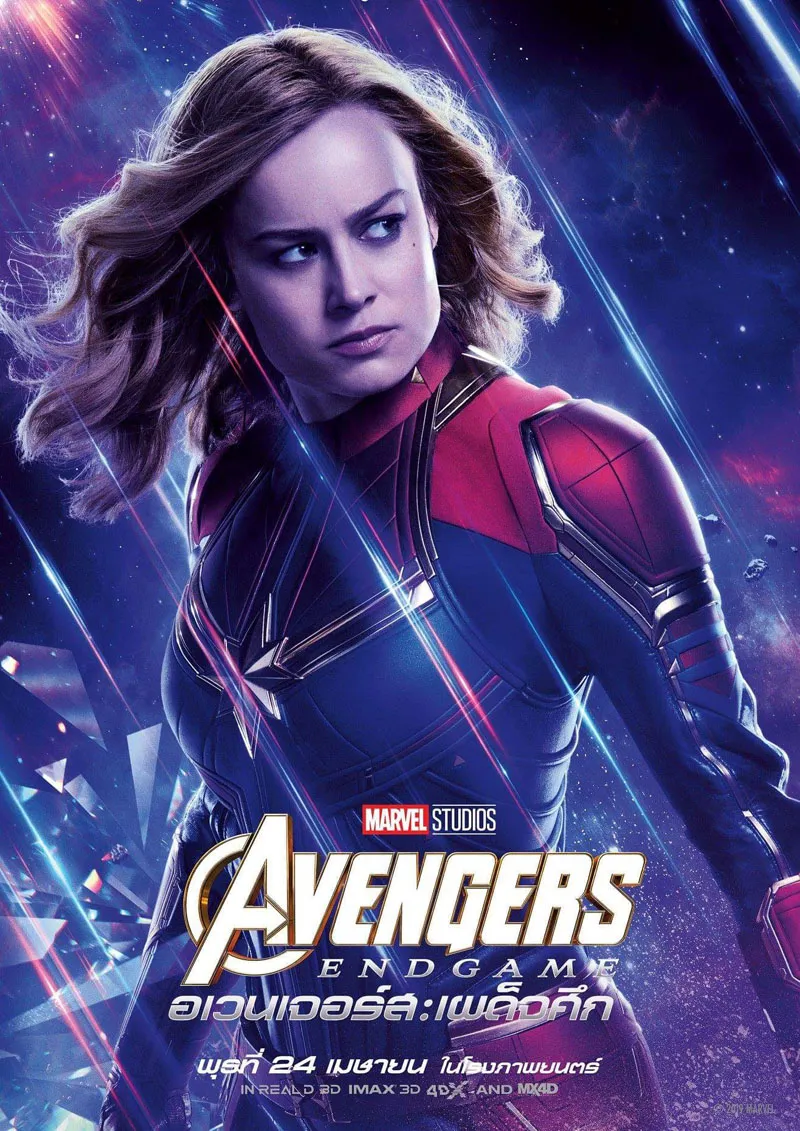
-
Avengers: Endgame
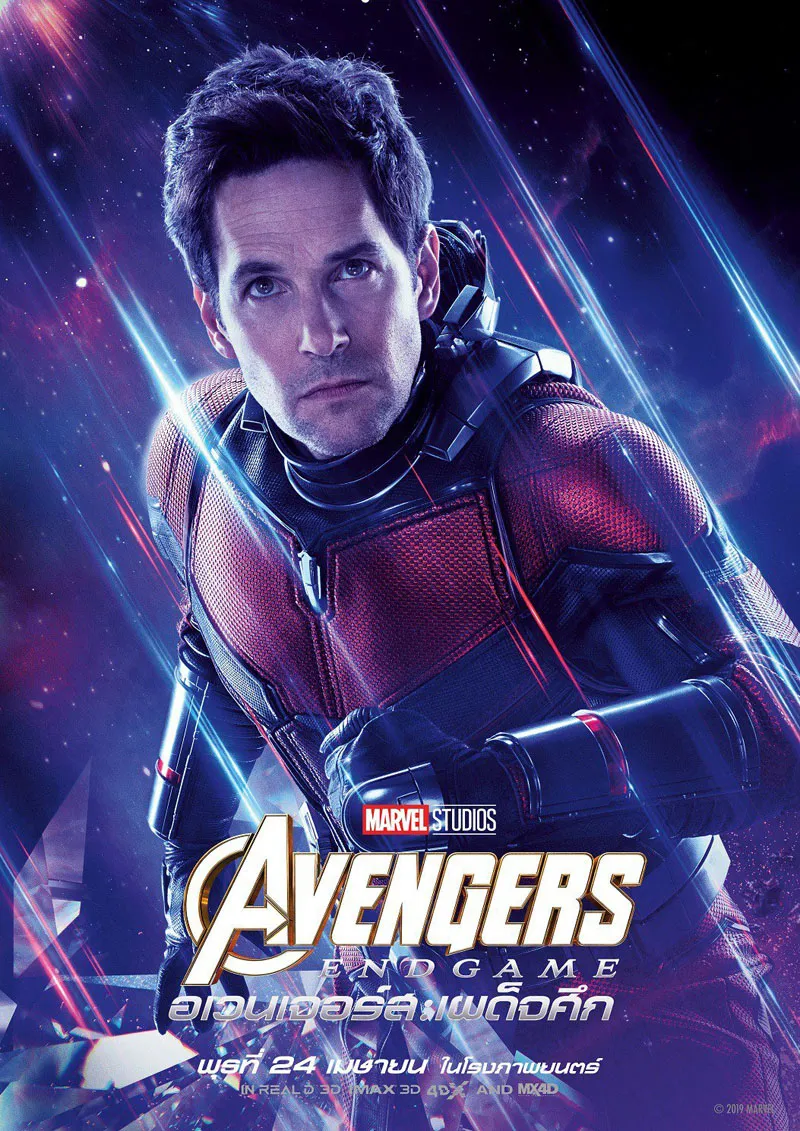
-
Avengers: Endgame
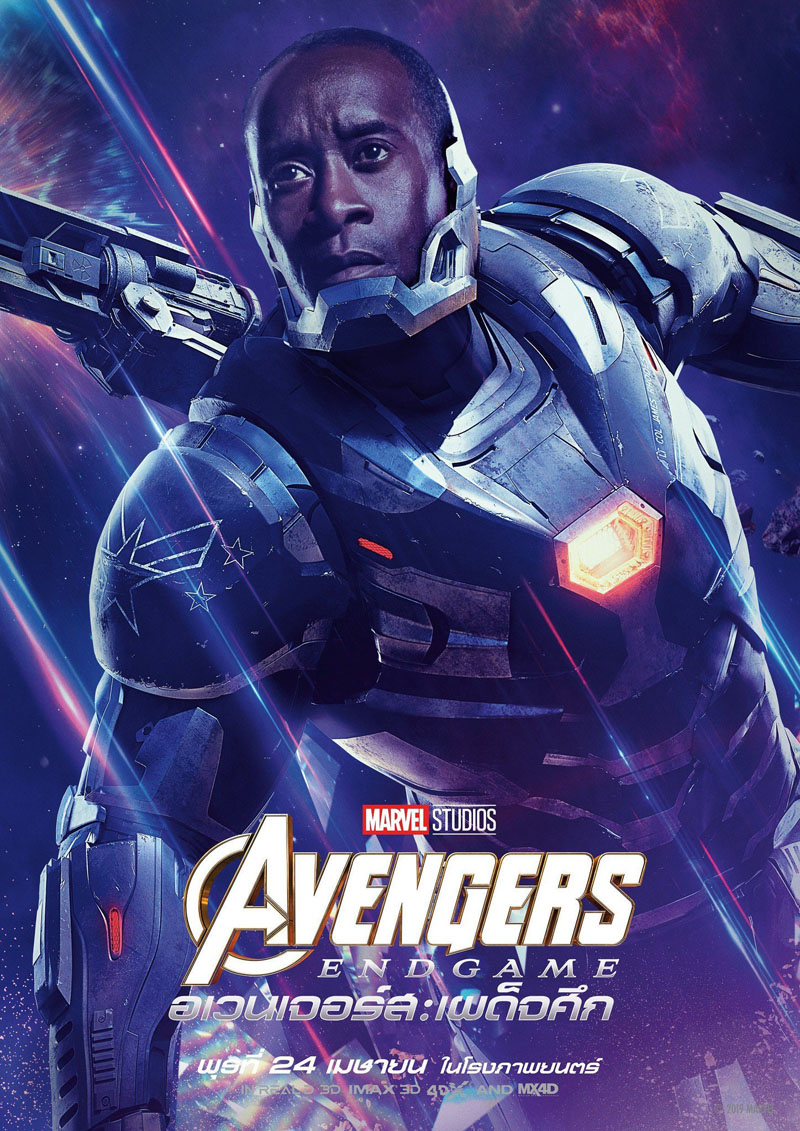
-
Avengers: Endgame
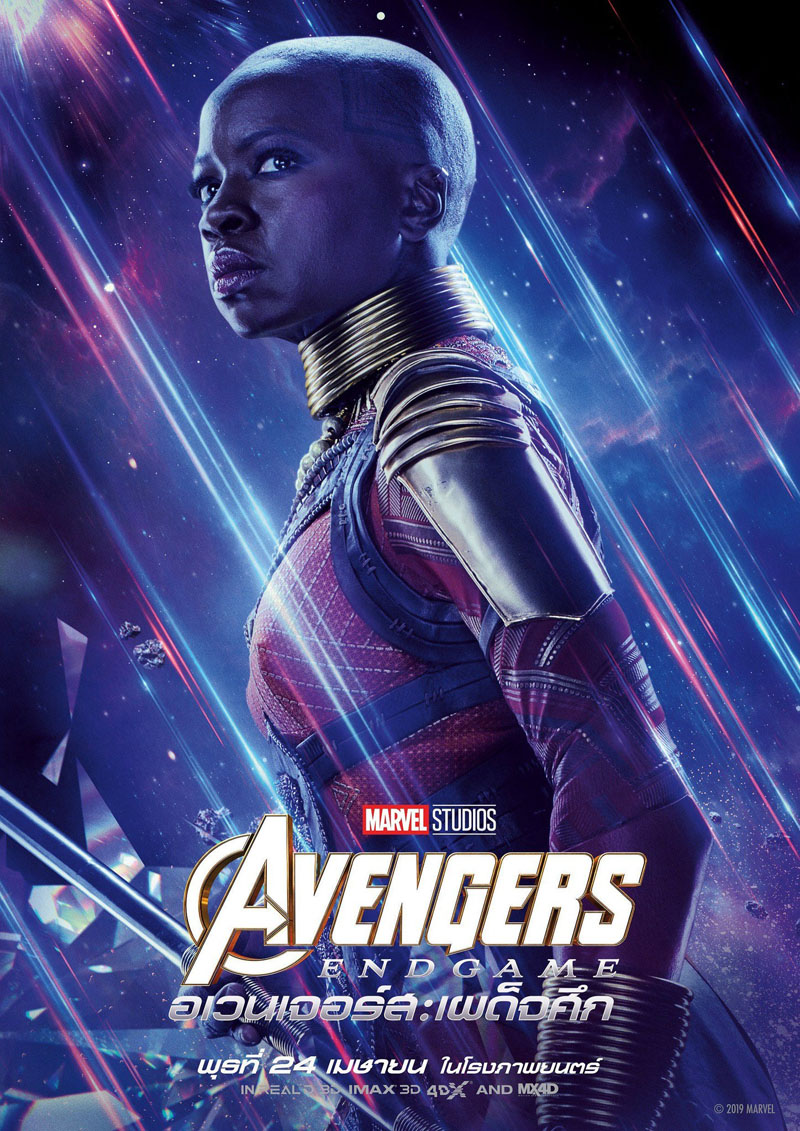
-
Avengers: Endgame
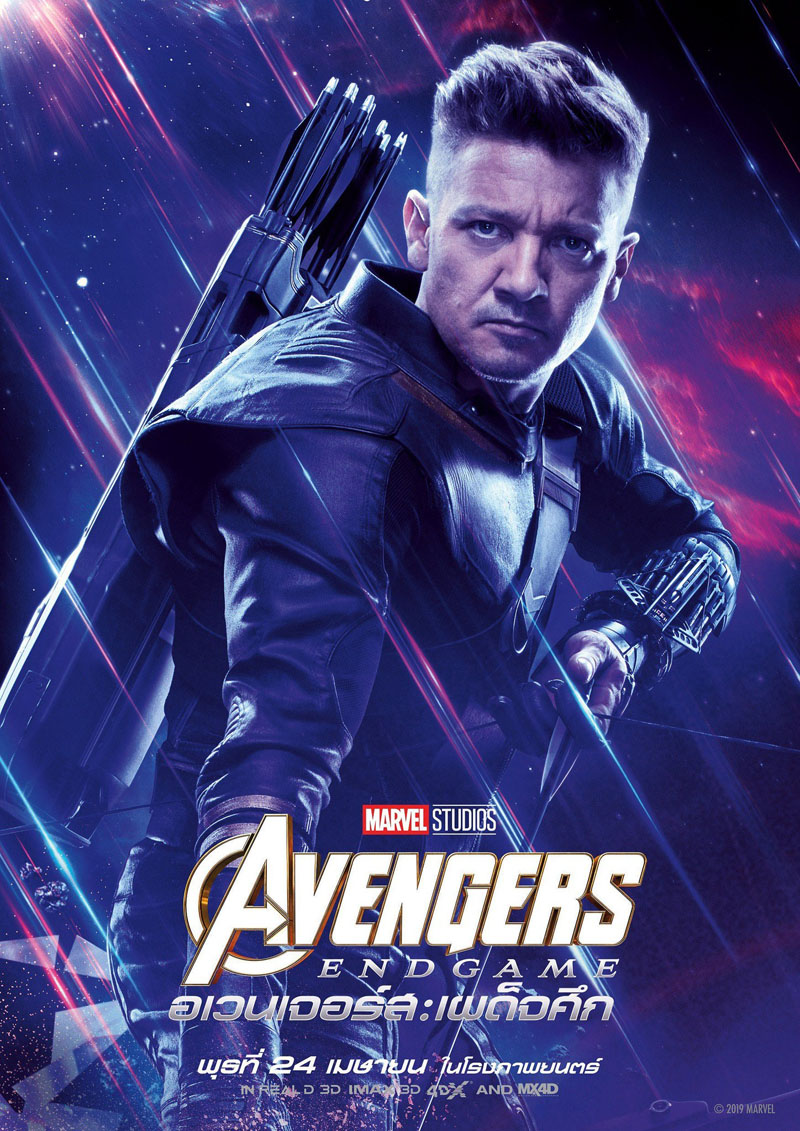
-
Avengers: Endgame
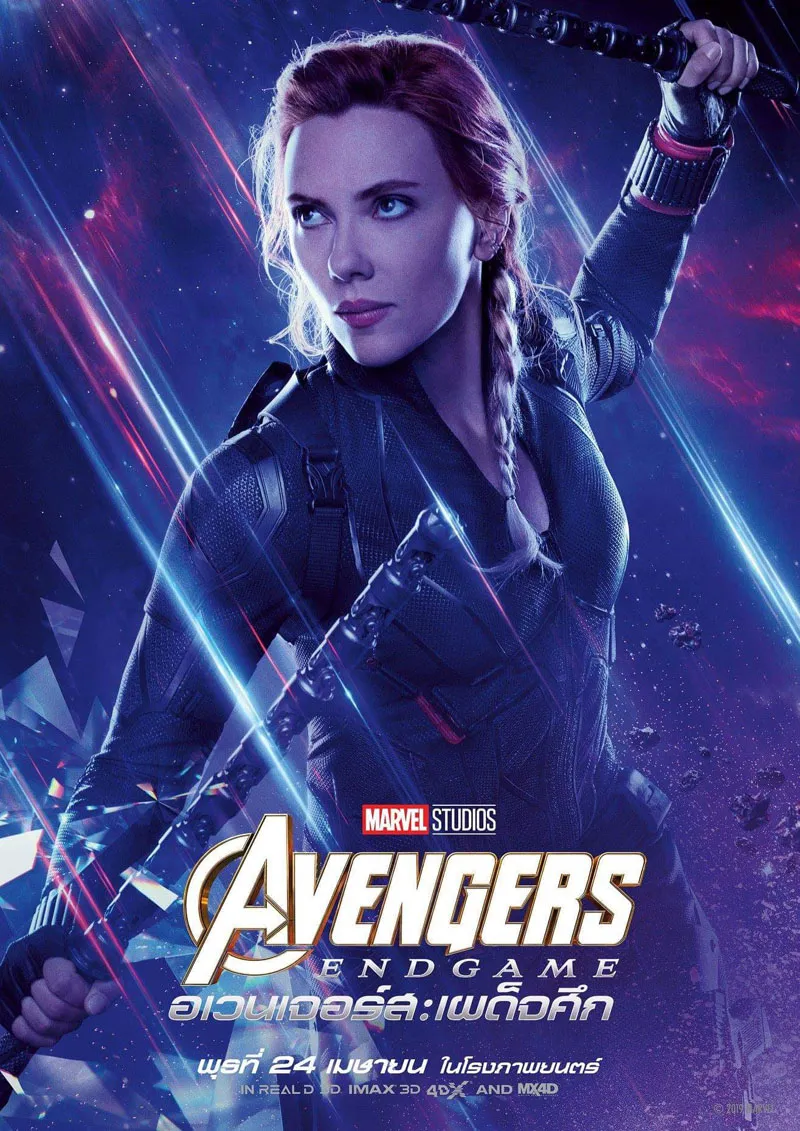
-
Avengers: Endgame
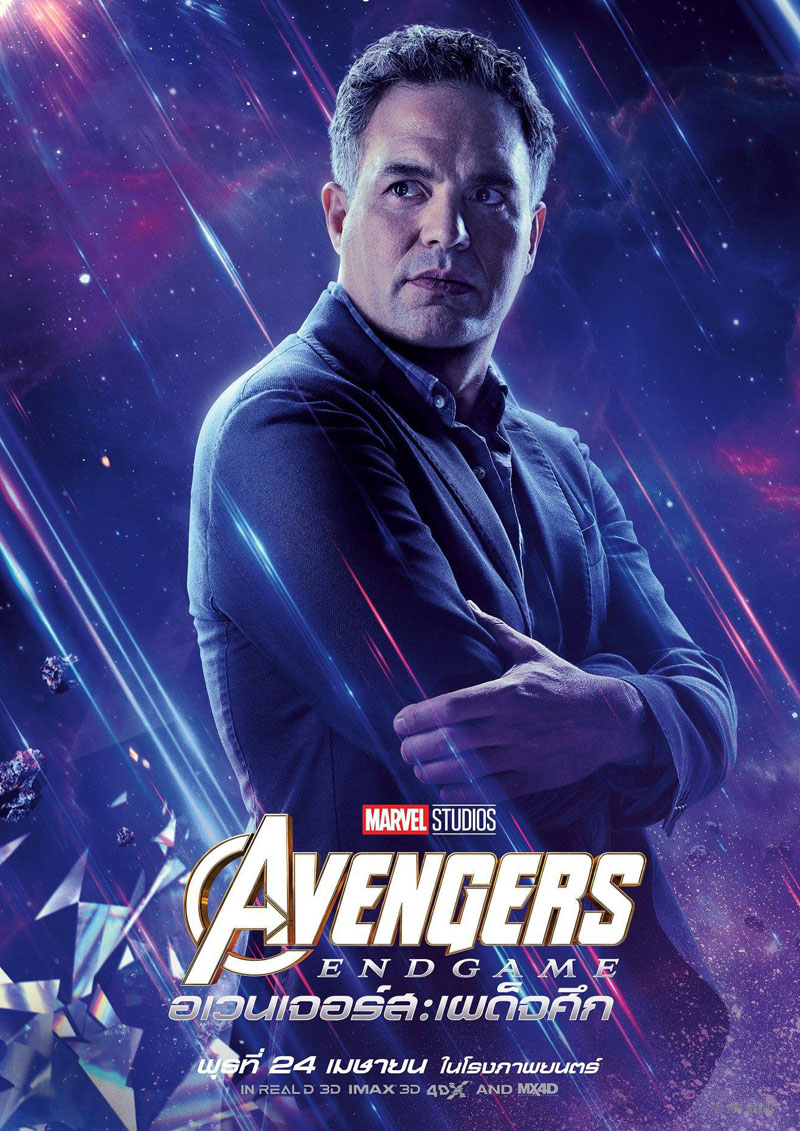
-
Avengers: Endgame
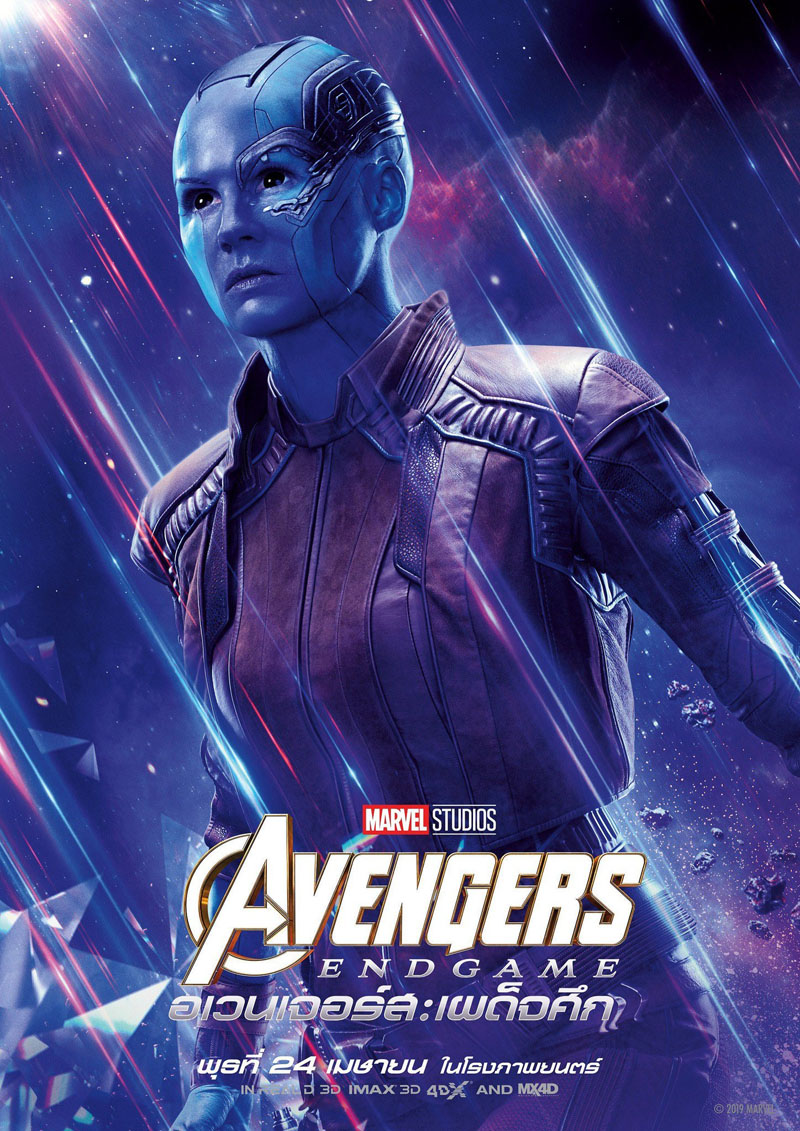
-
Avengers: Endgame
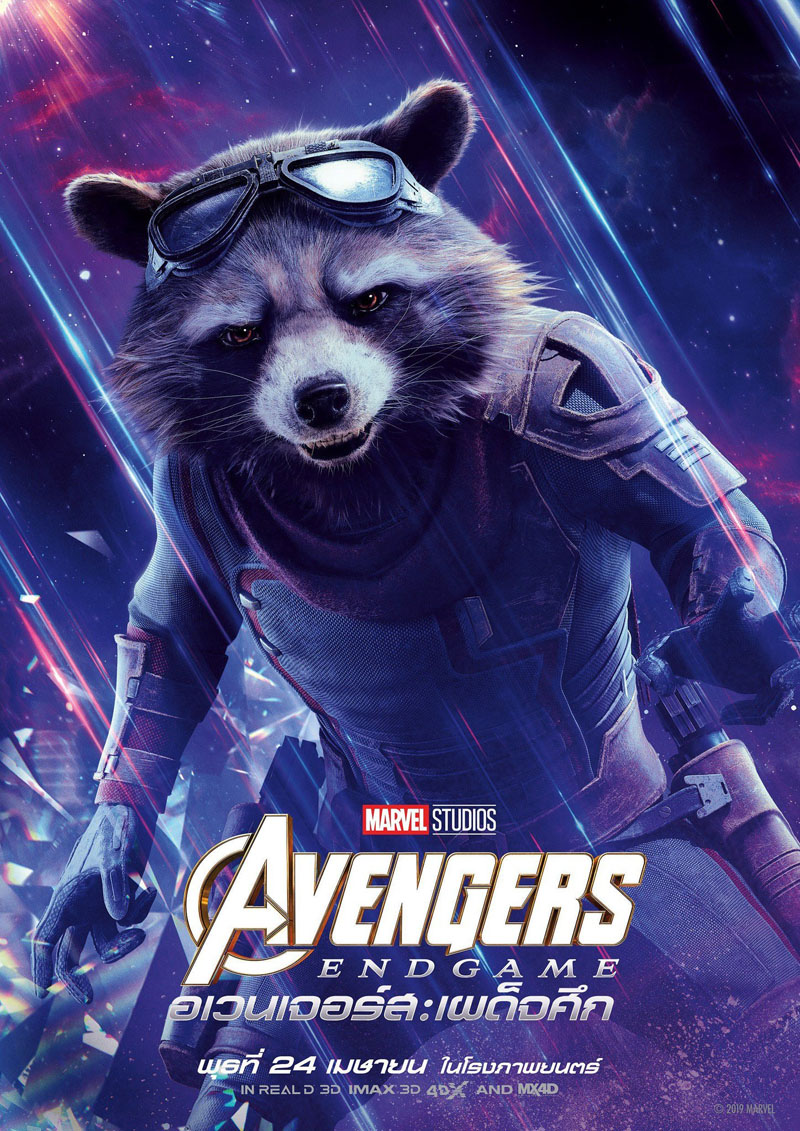
-
Avengers: Endgame
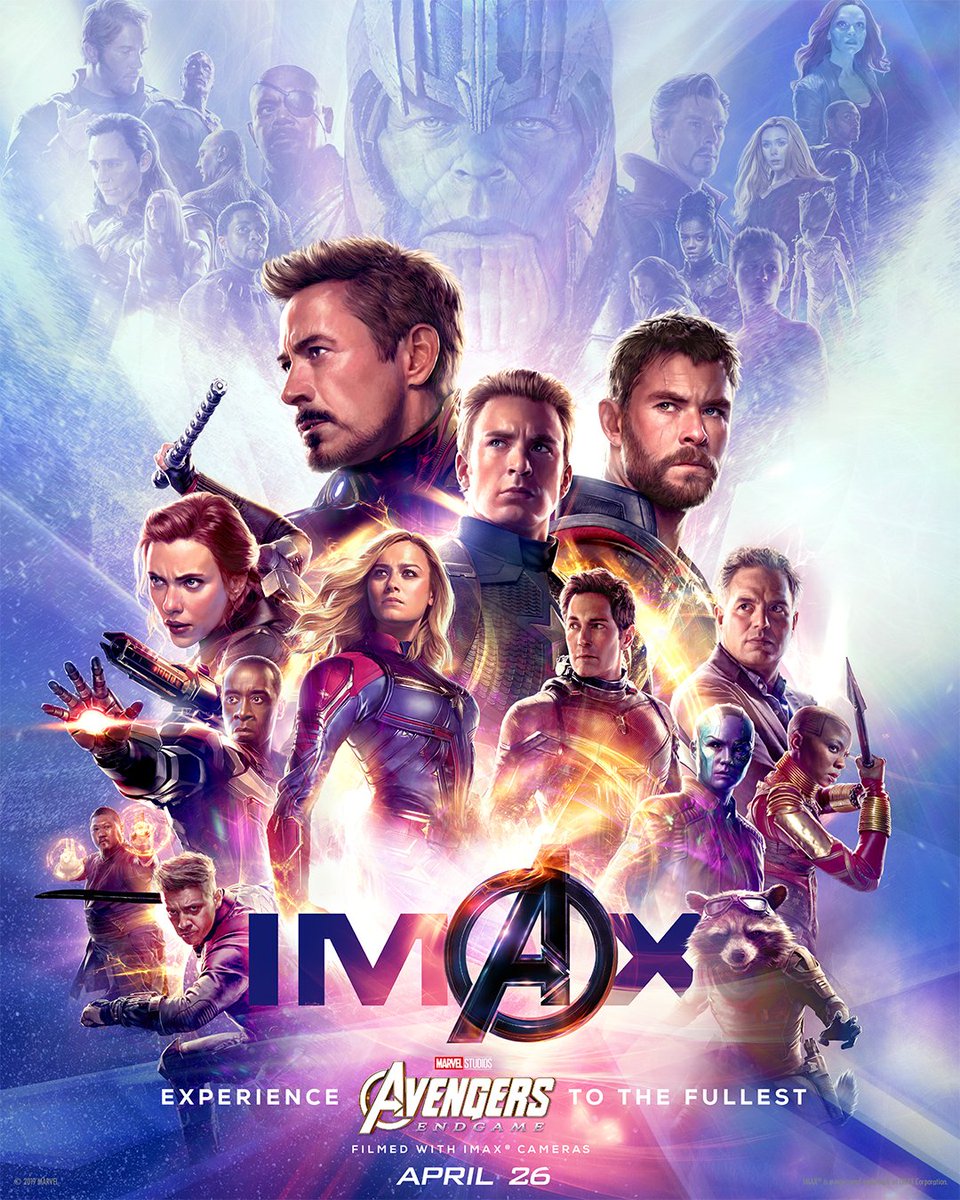
-
Avengers: Endgame
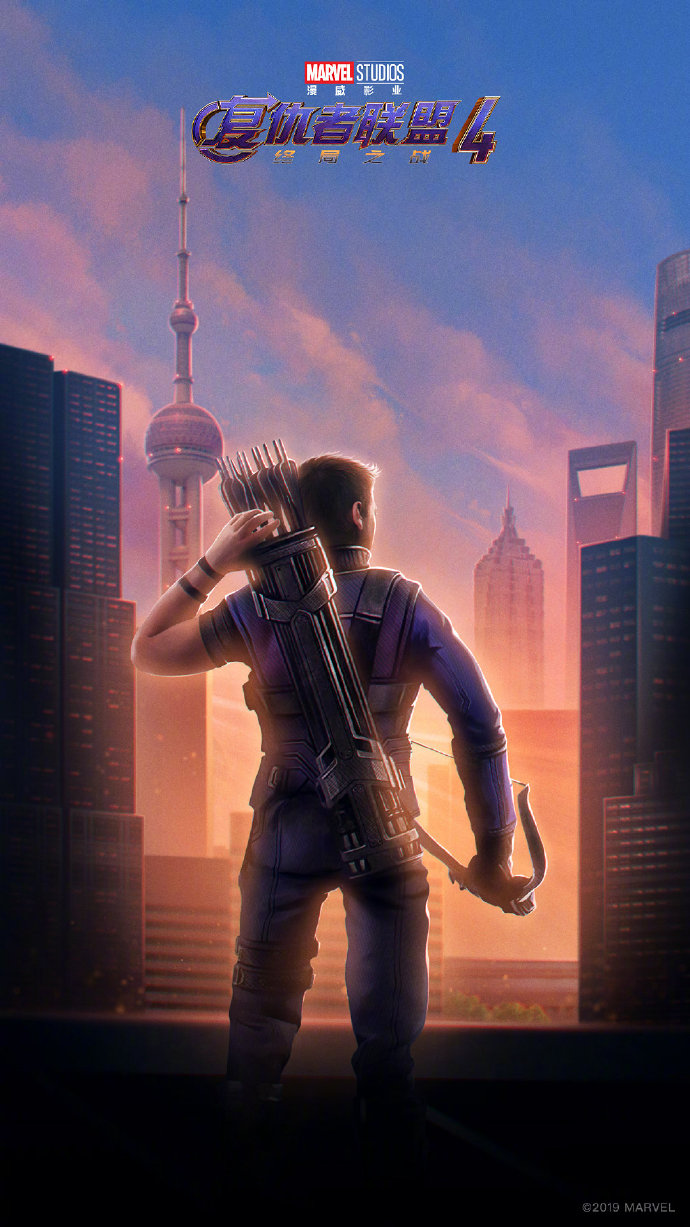
-
Avengers: Endgame
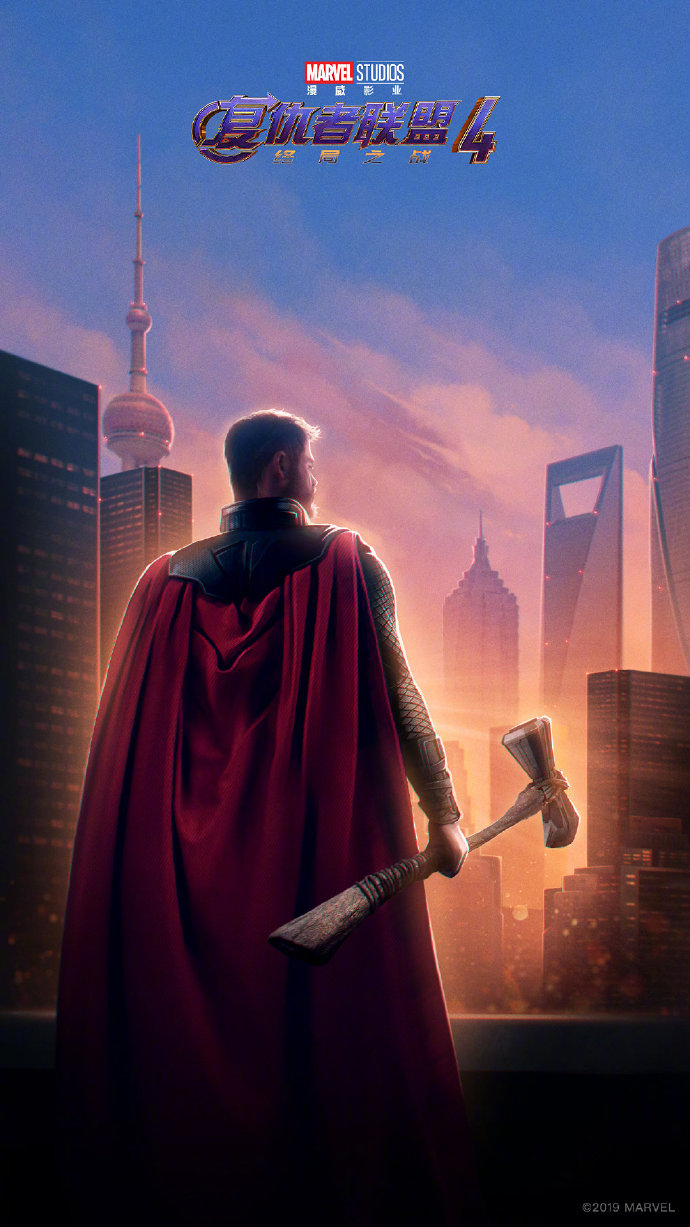
-
Avengers: Endgame
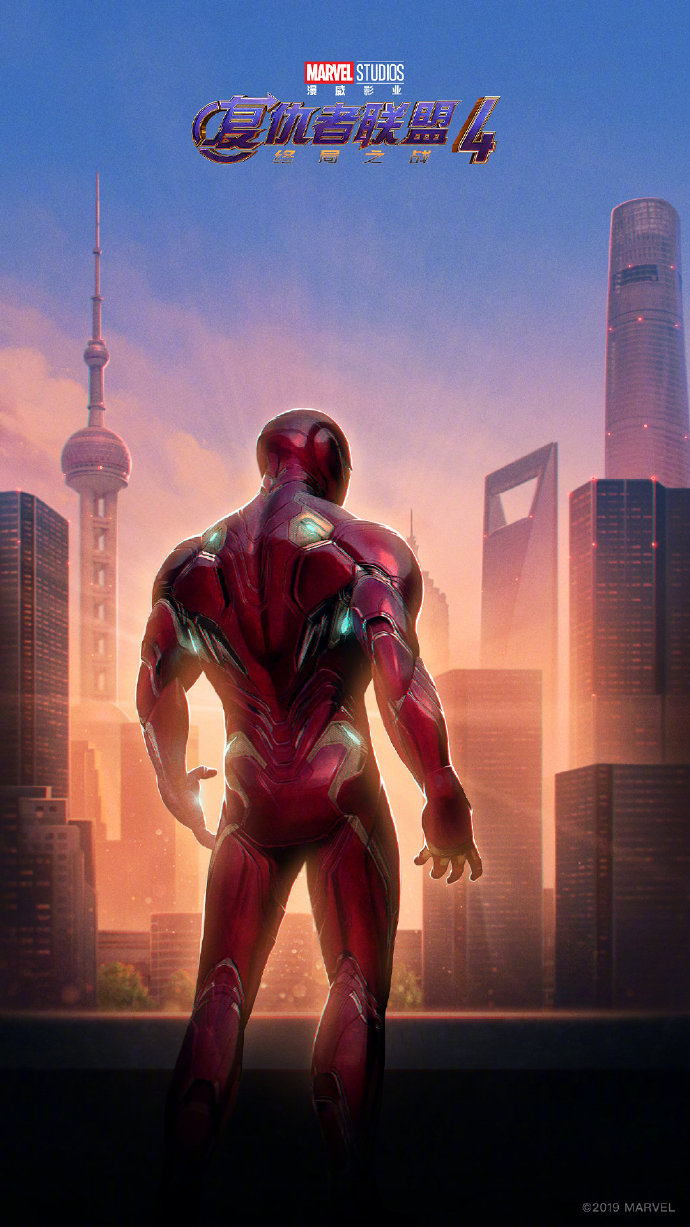
-
Avengers: Endgame
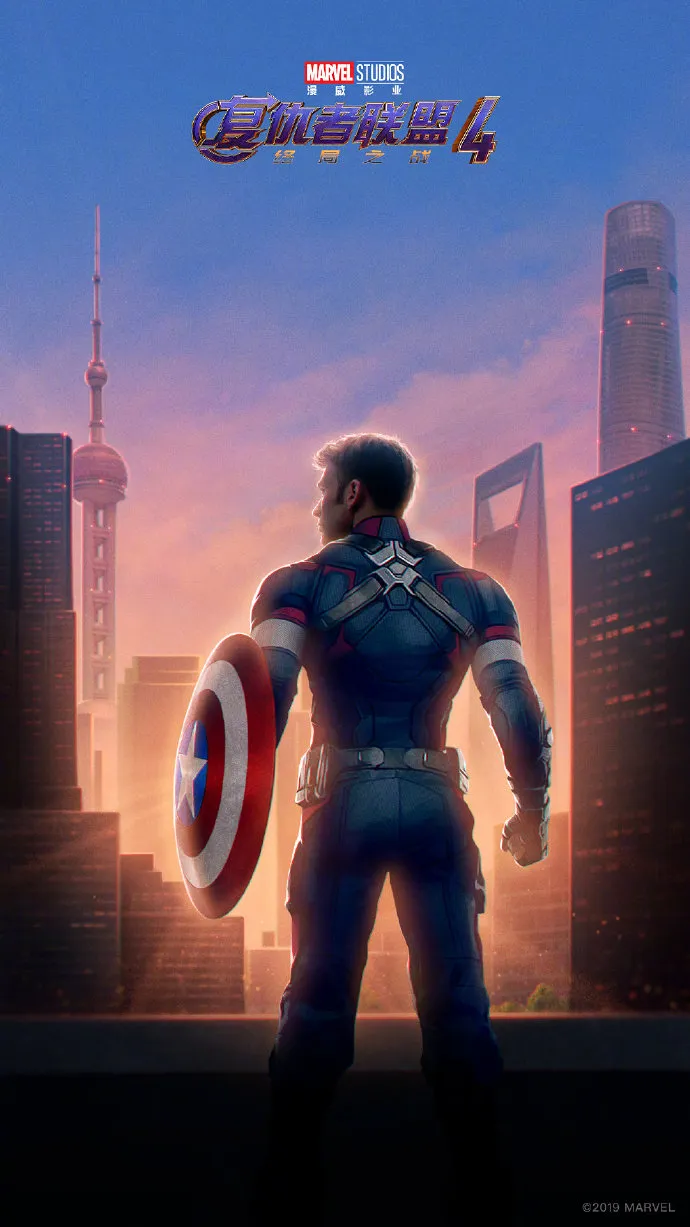
-
Avengers: Endgame
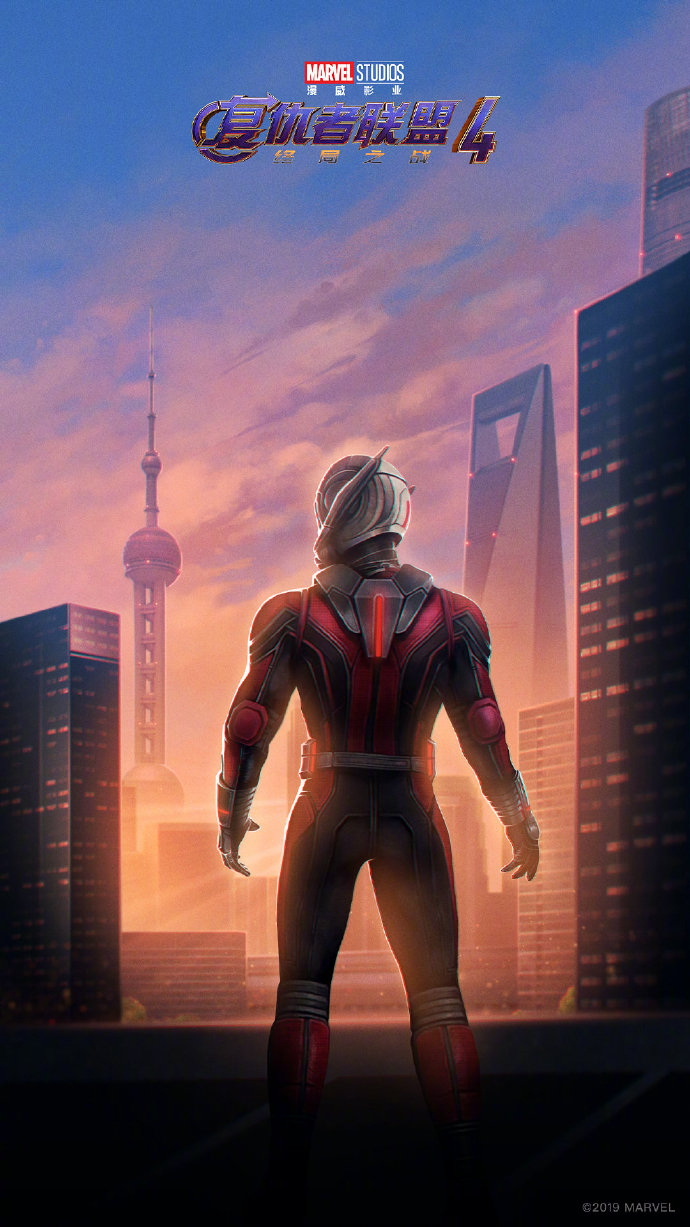
-
Avengers: Endgame
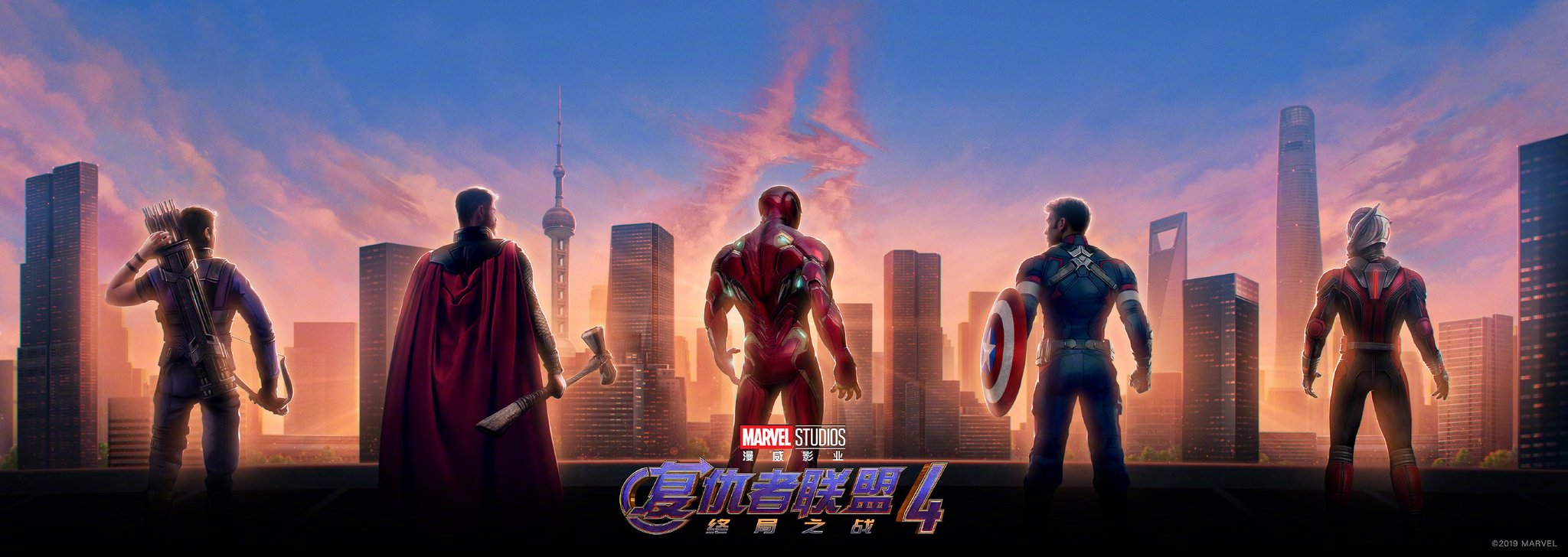
-
Avengers: Endgame
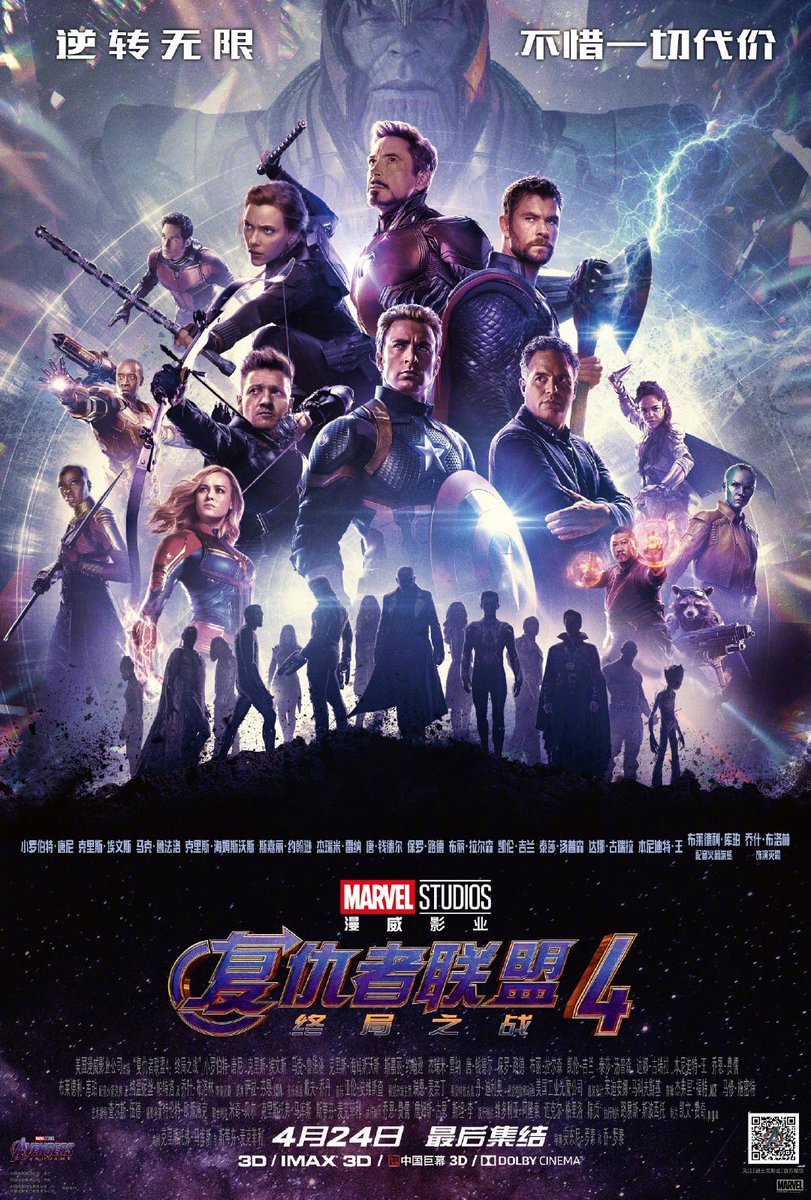
-
Avengers: Endgame
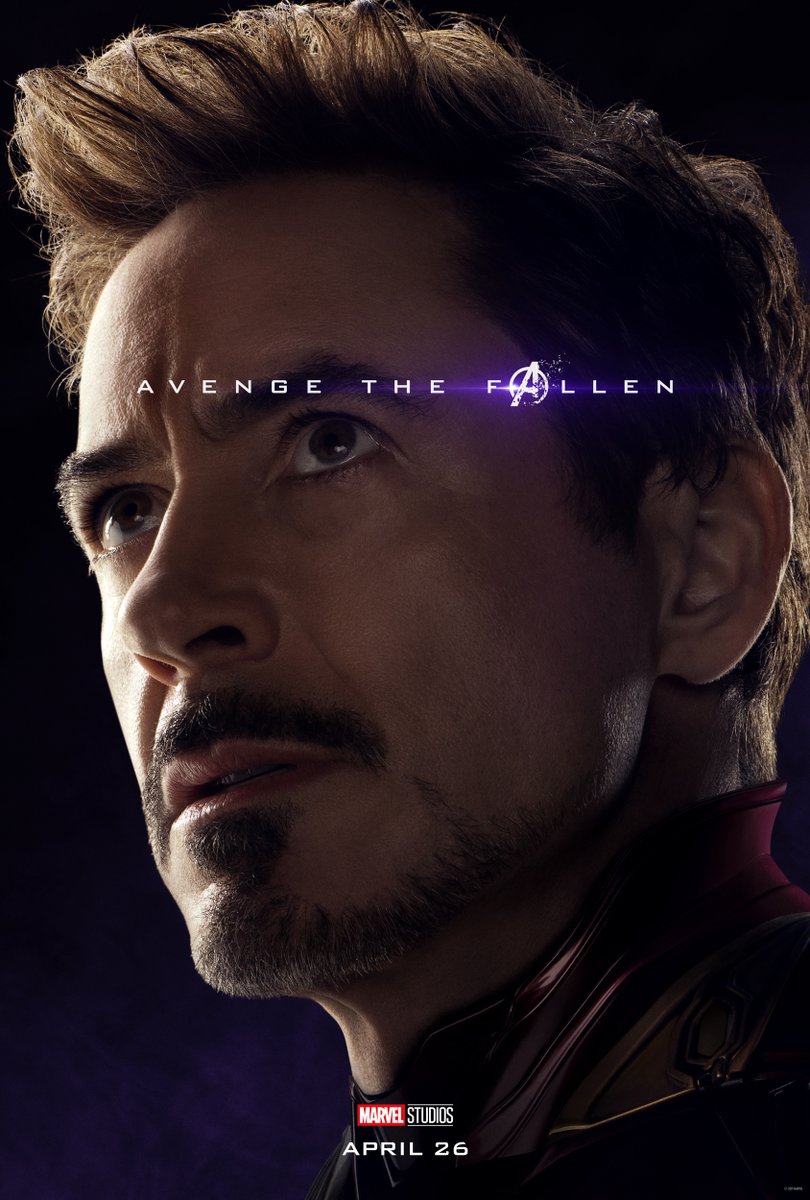
-
Avengers: Endgame
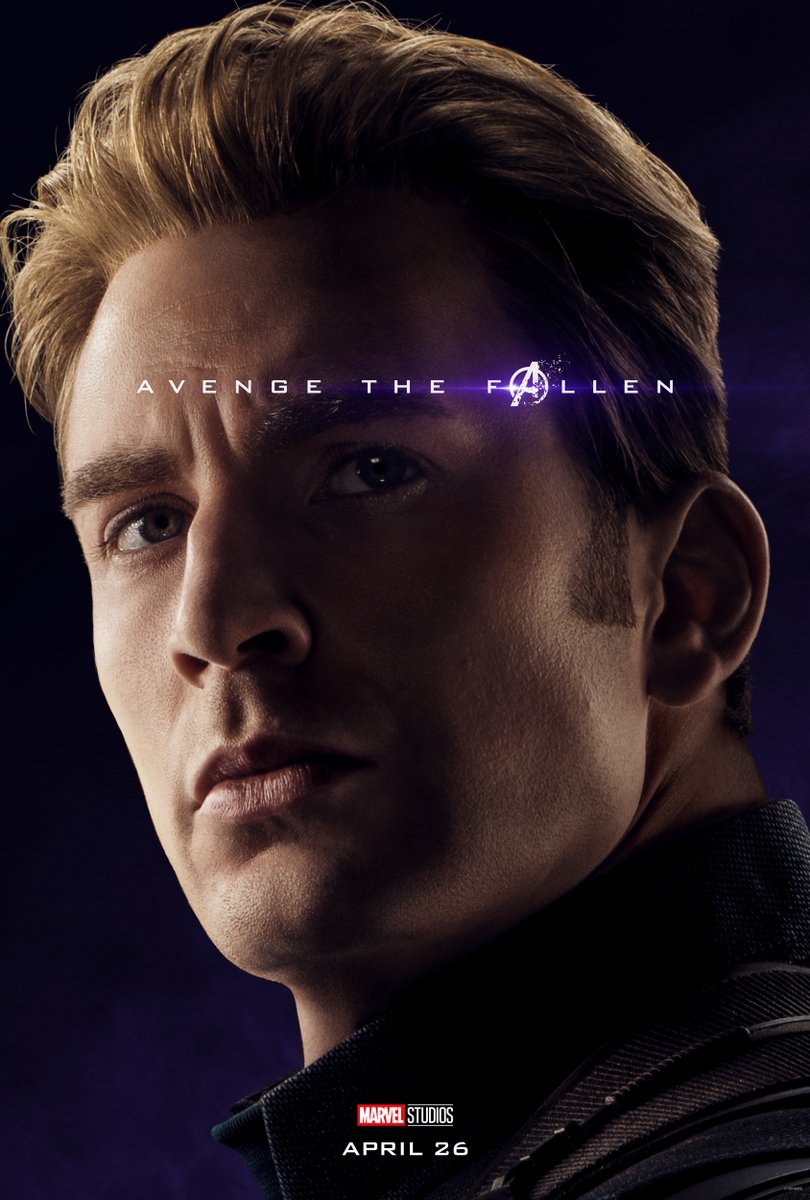
-
Avengers: Endgame
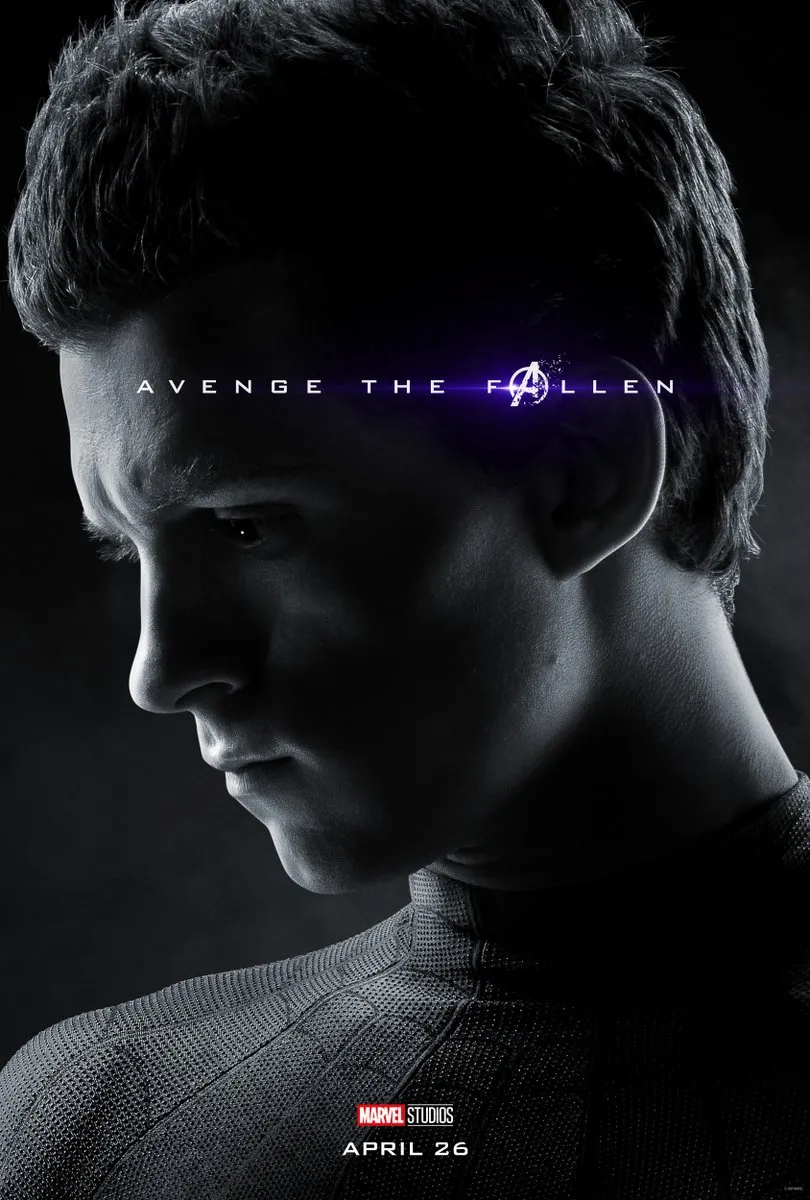
-
Avengers: Endgame
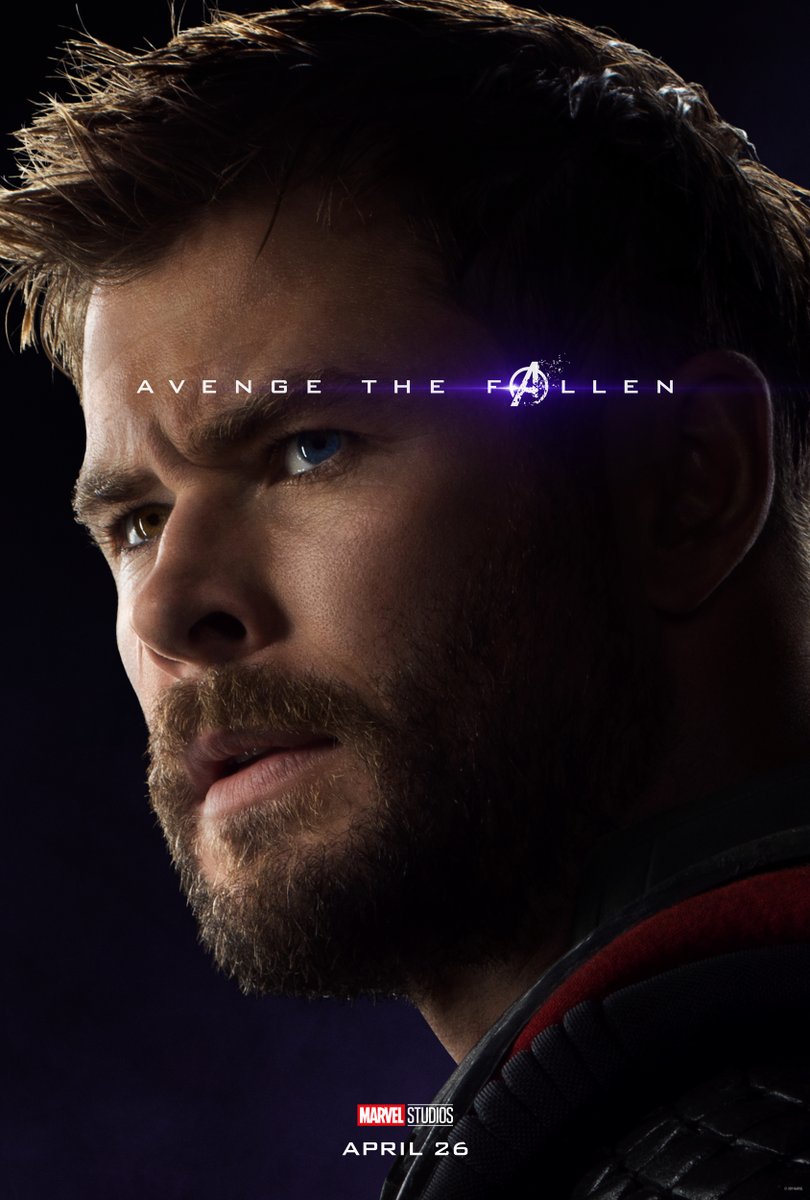
-
Avengers: Endgame
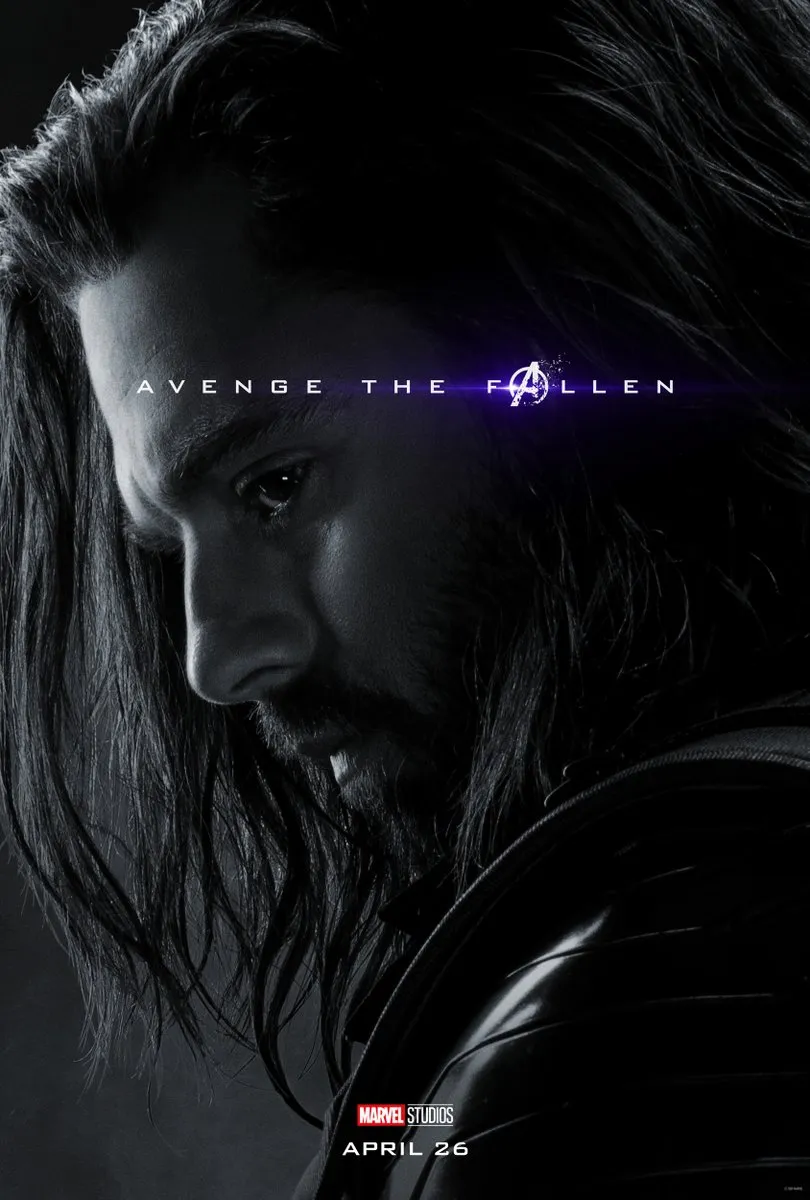
-
Avengers: Endgame
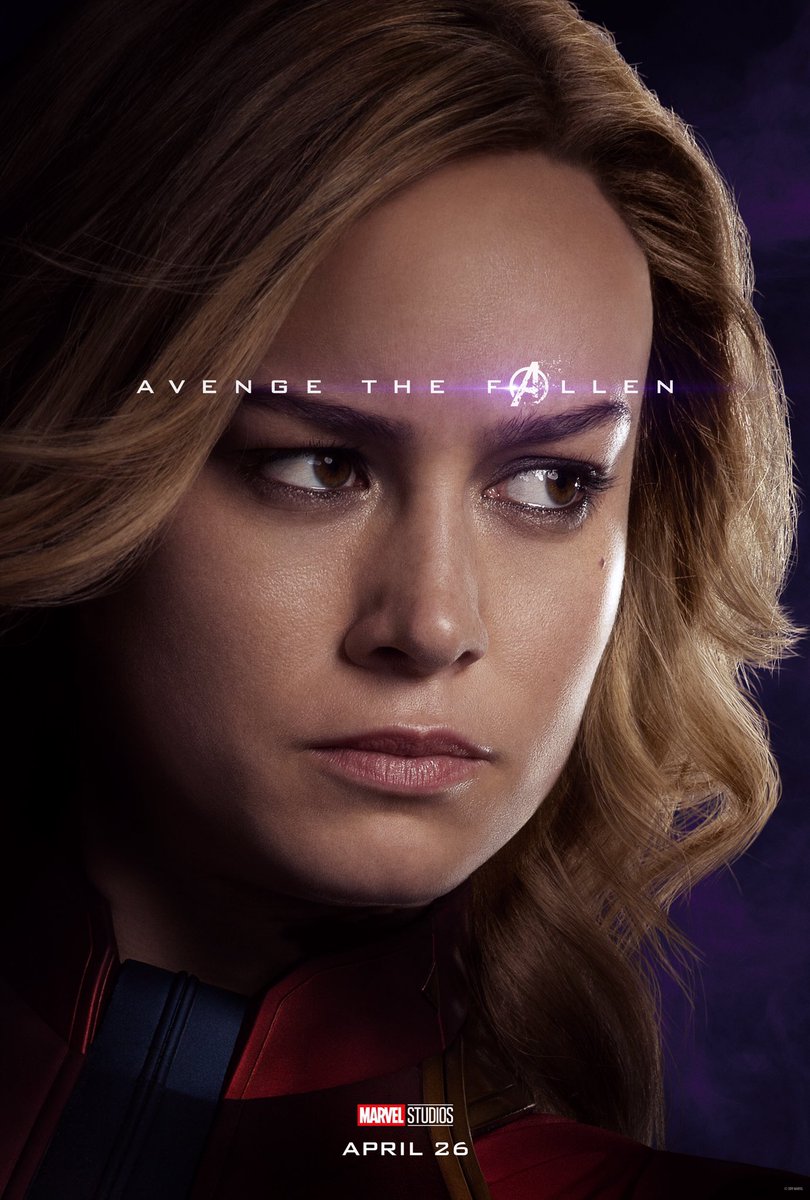
-
Avengers: Endgame
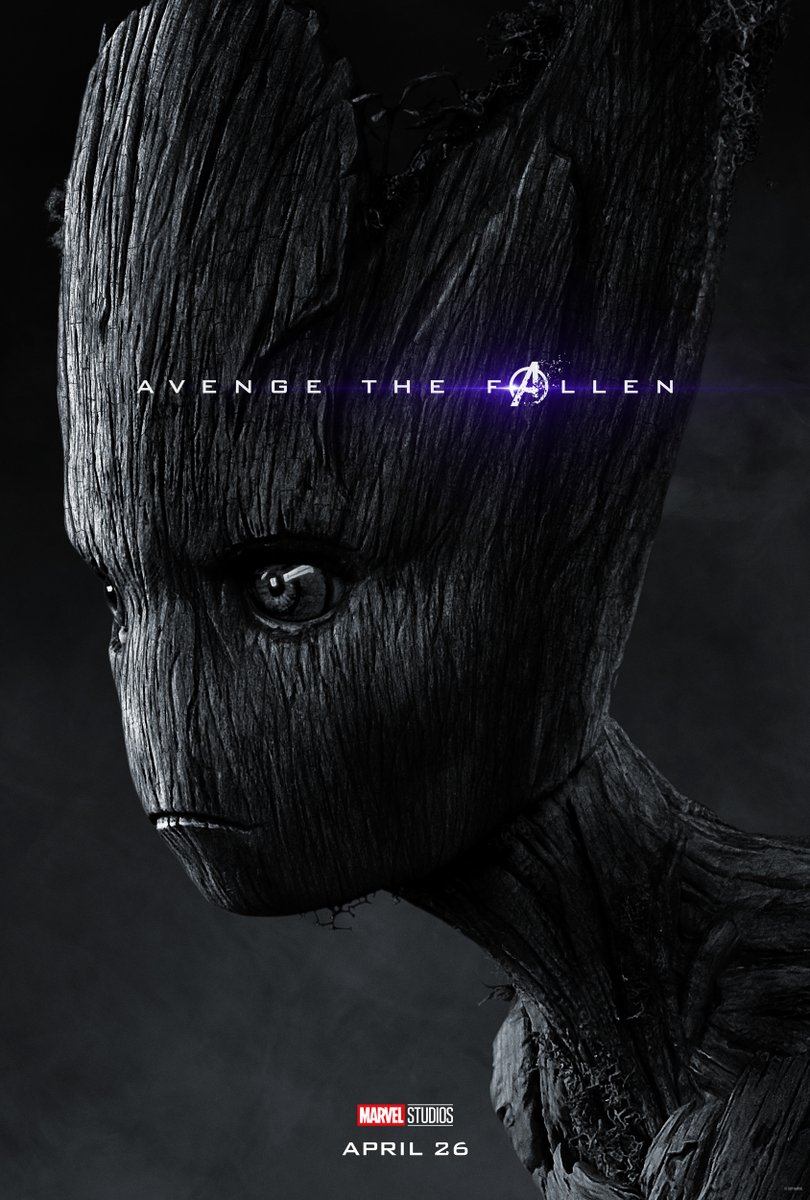
-
Avengers: Endgame
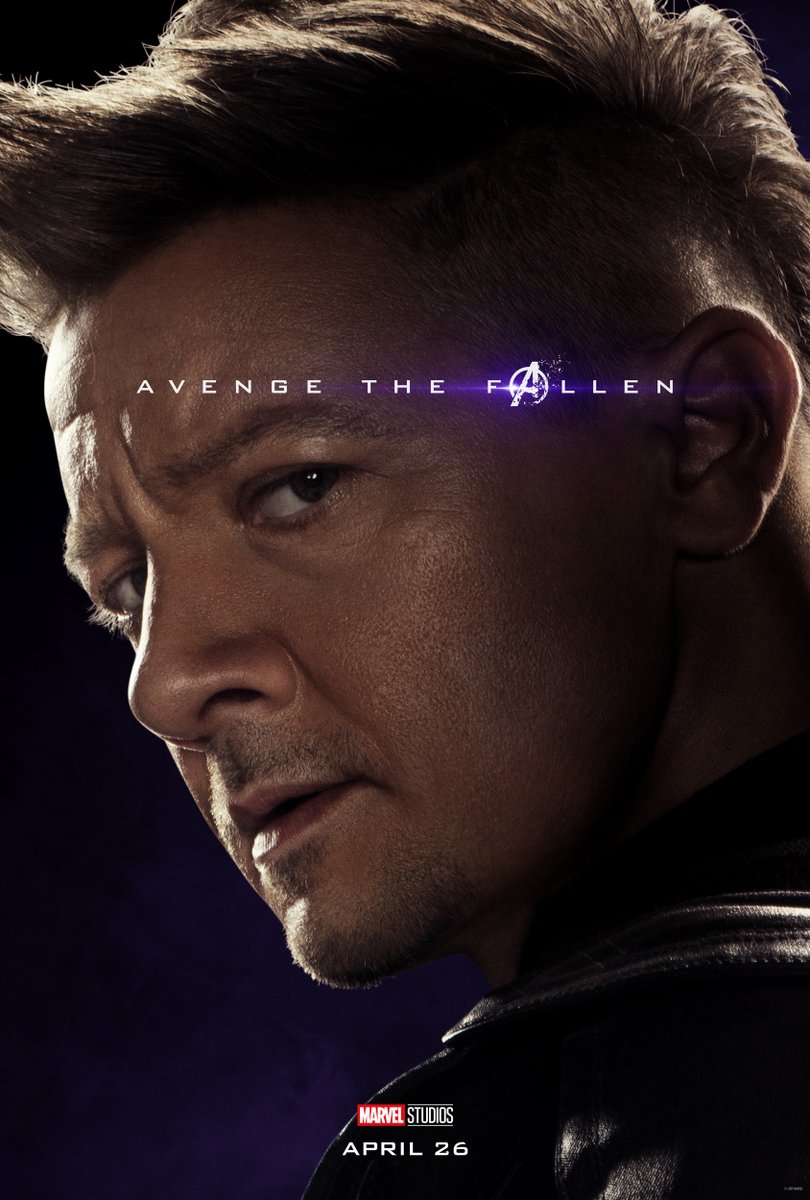
-
Avengers: Endgame
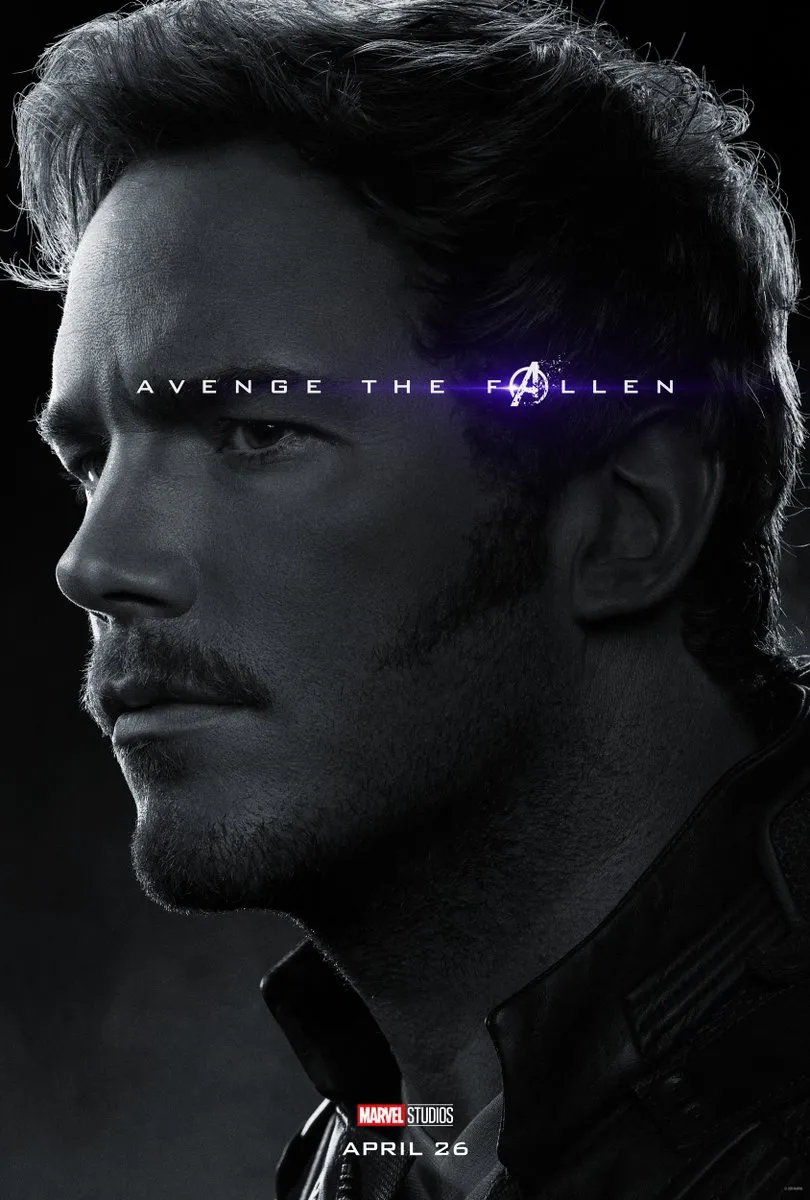
-
Avengers: Endgame
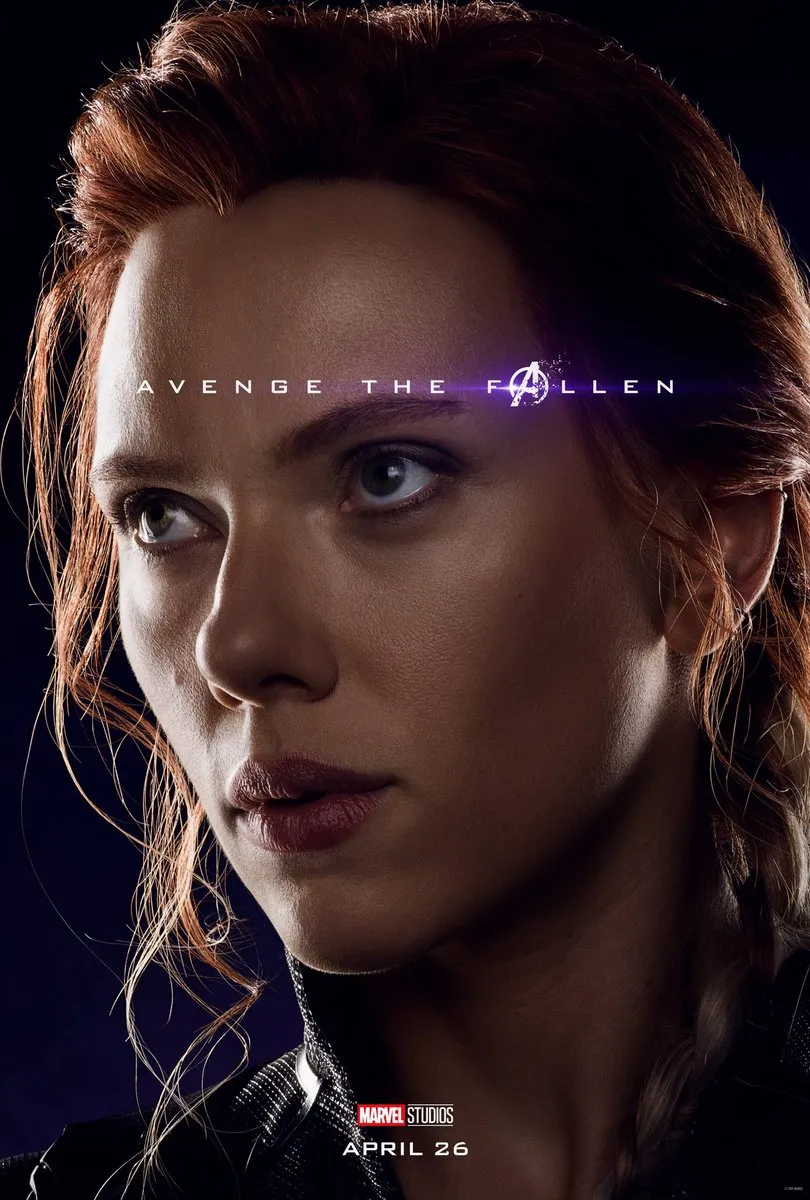
-
Avengers: Endgame
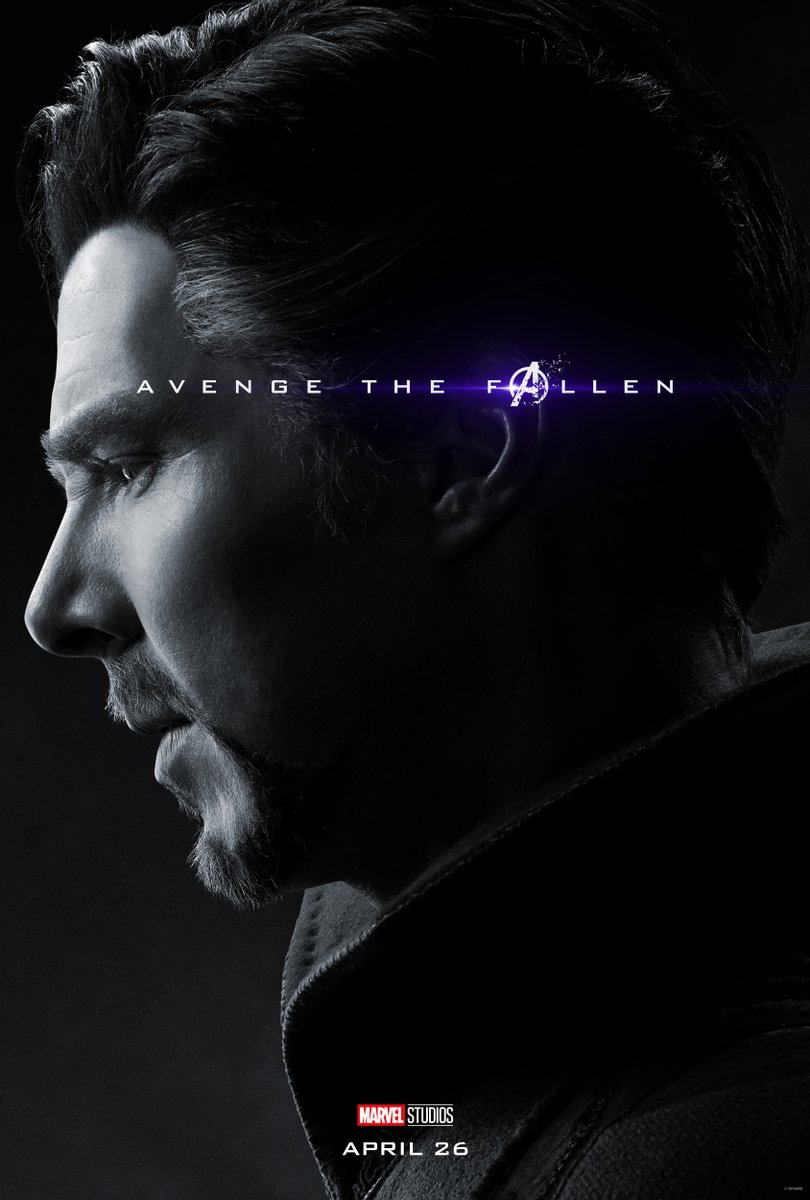
-
Avengers: Endgame
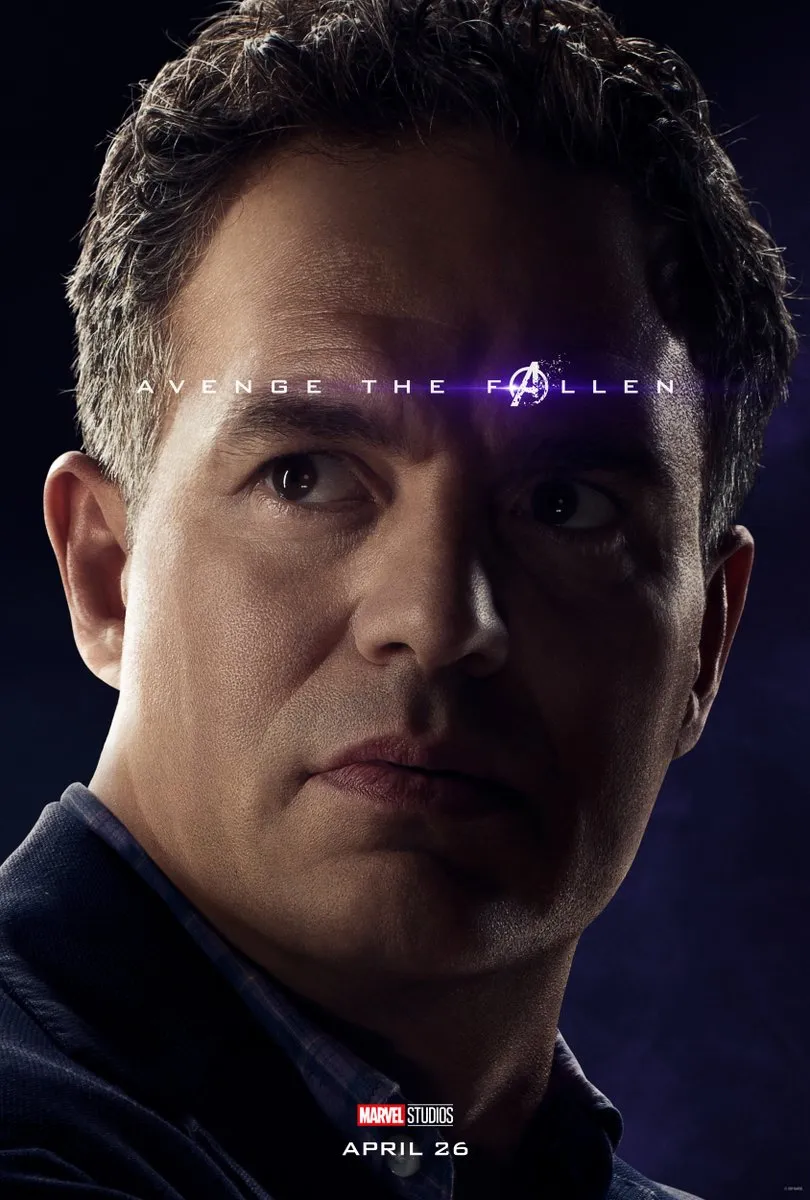
-
Avengers: Endgame
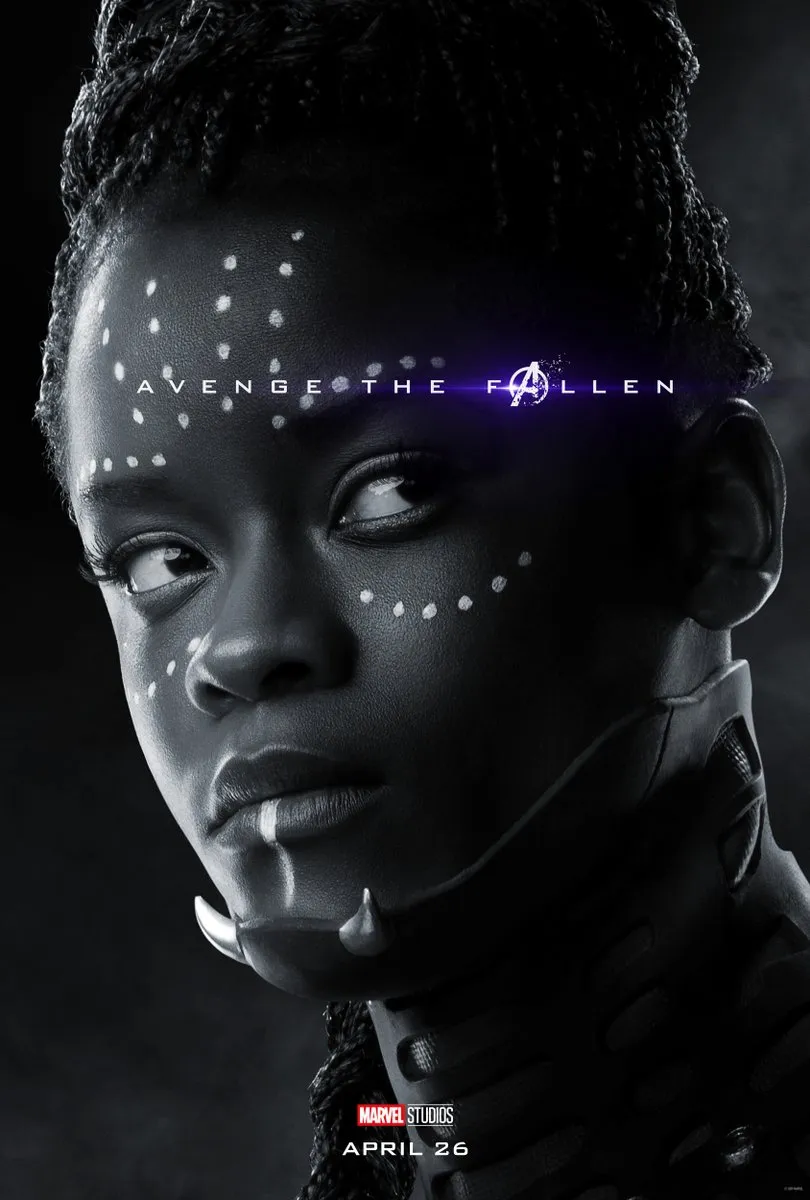
-
Avengers: Endgame
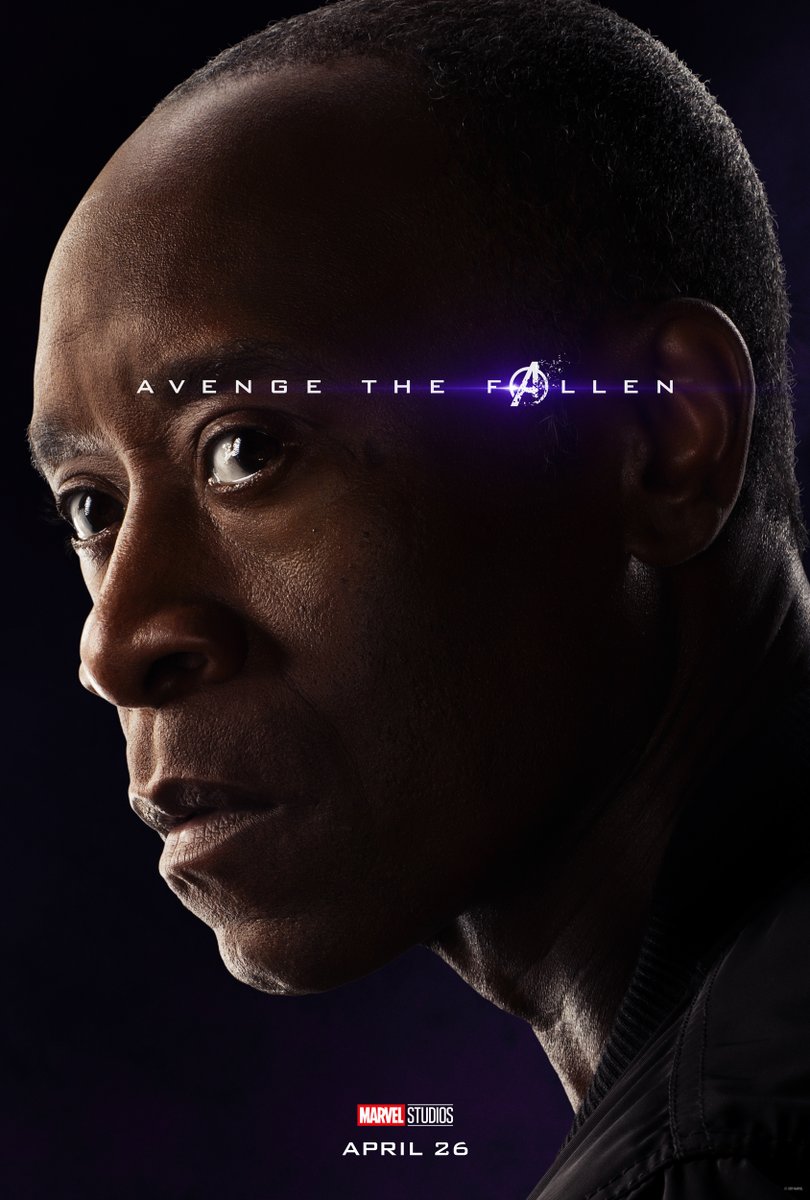
-
Avengers: Endgame
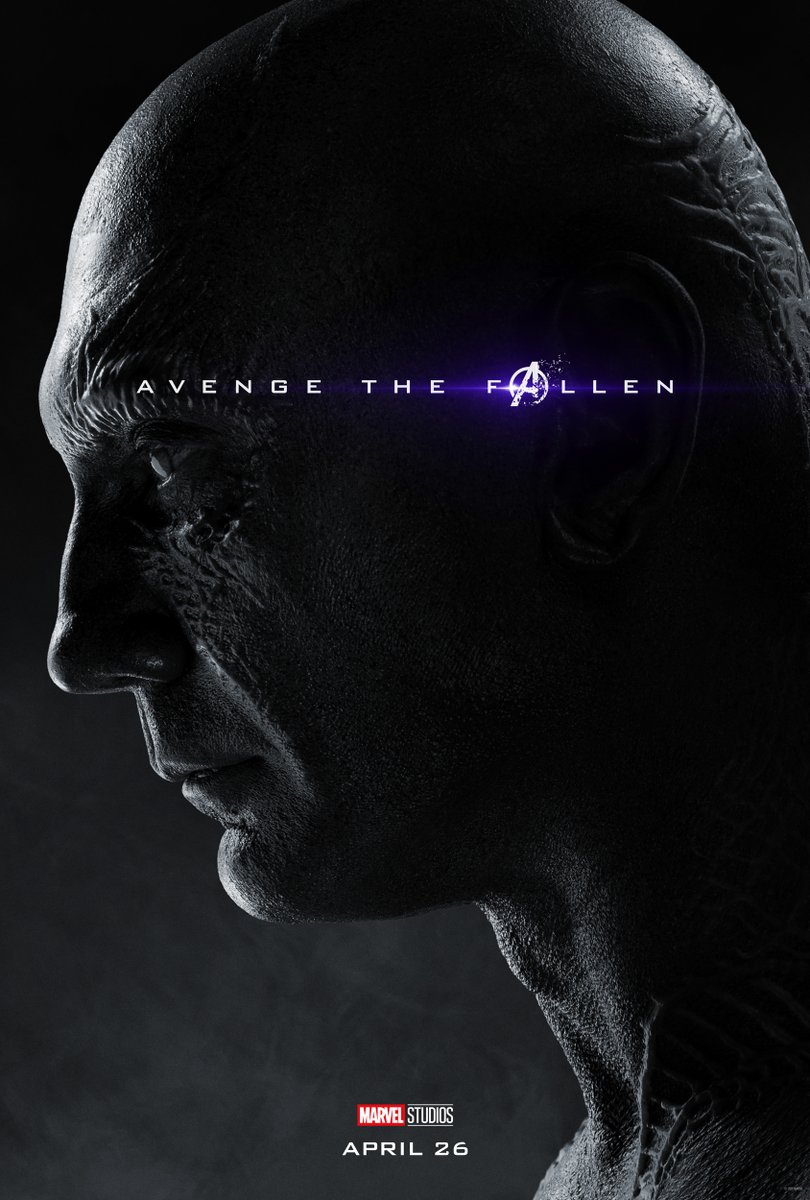
-
Avengers: Endgame
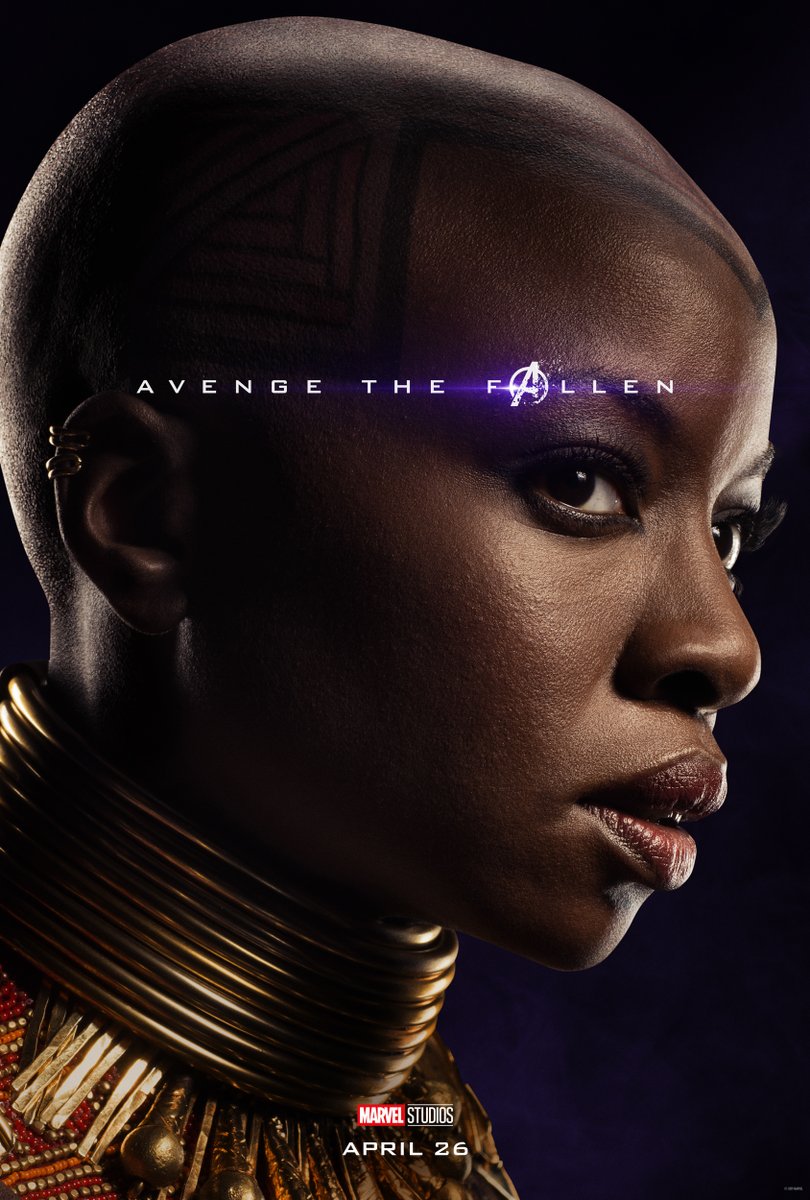
-
Avengers: Endgame
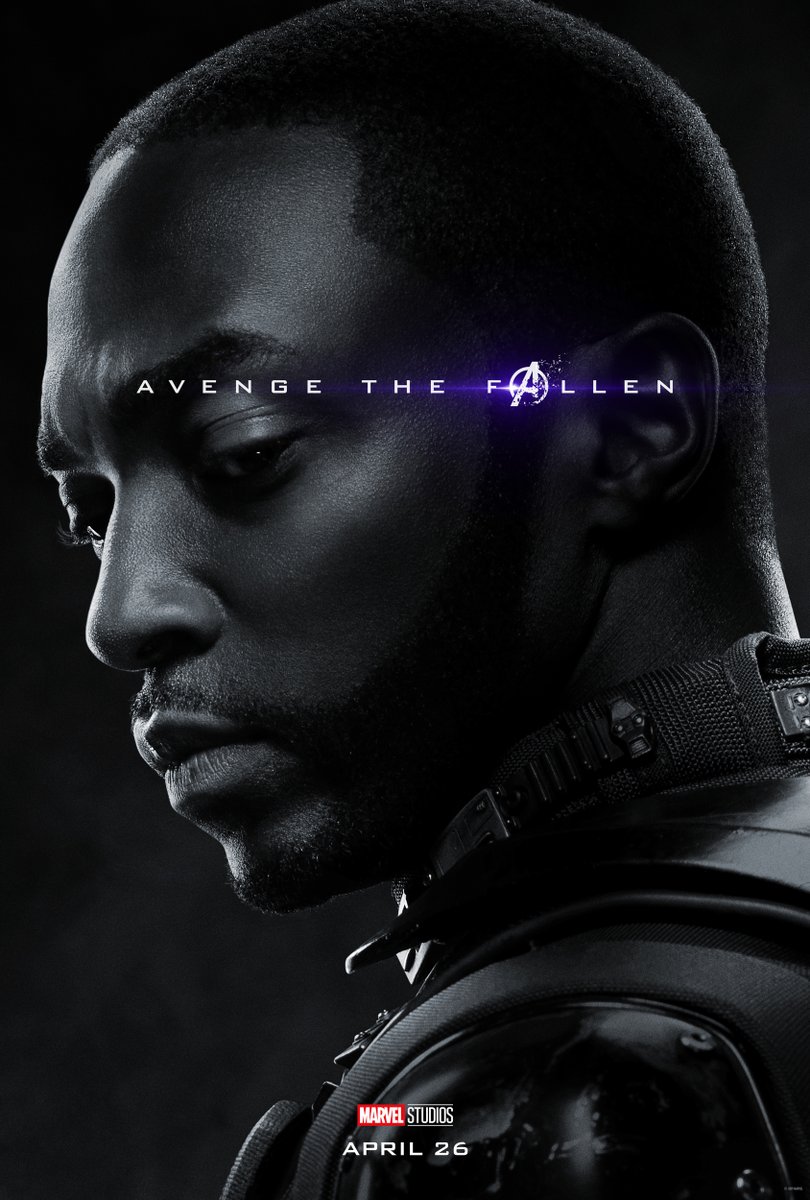
-
Avengers: Endgame
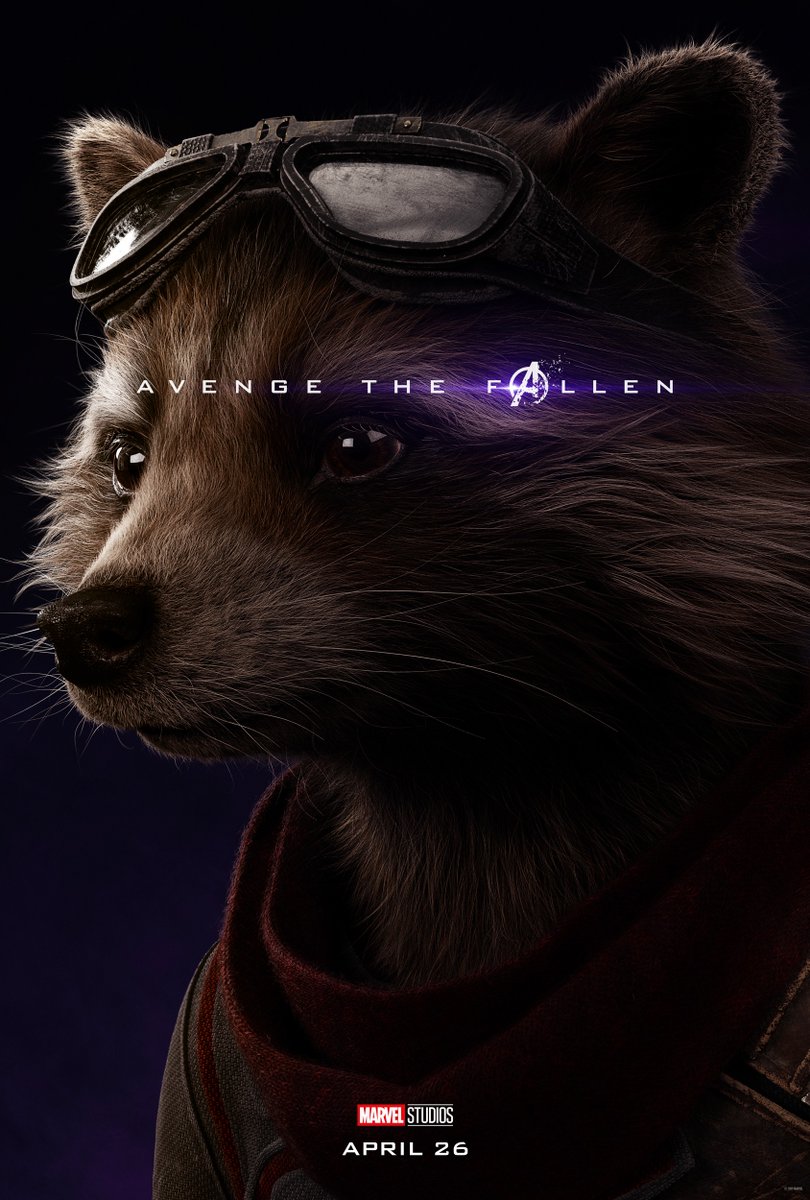
-
Avengers: Endgame
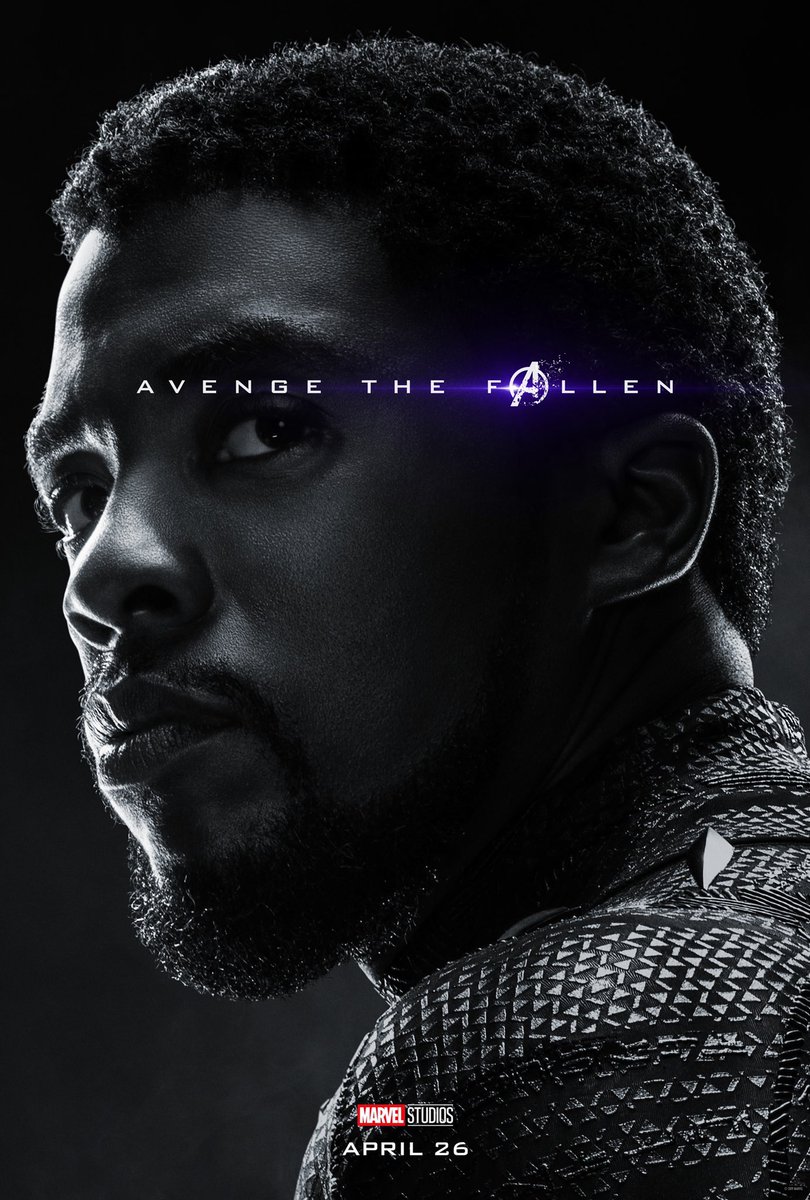
-
Avengers: Endgame
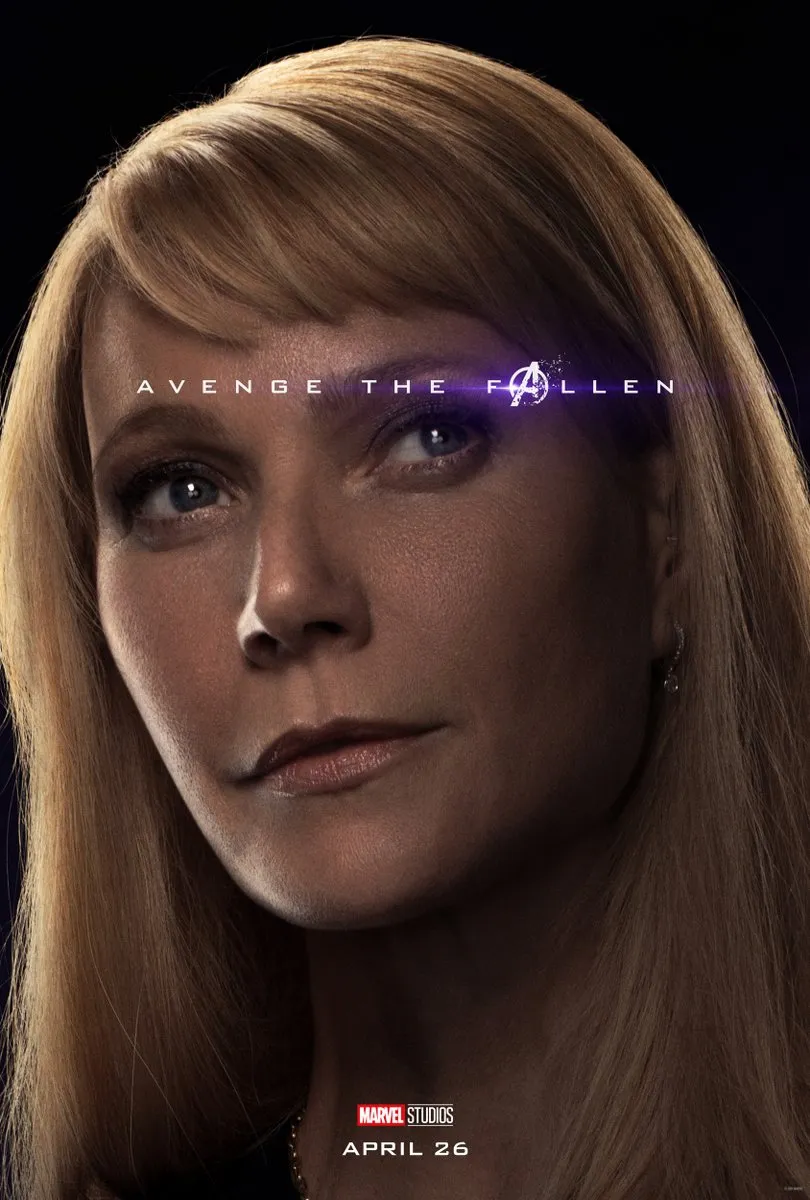
-
Avengers: Endgame
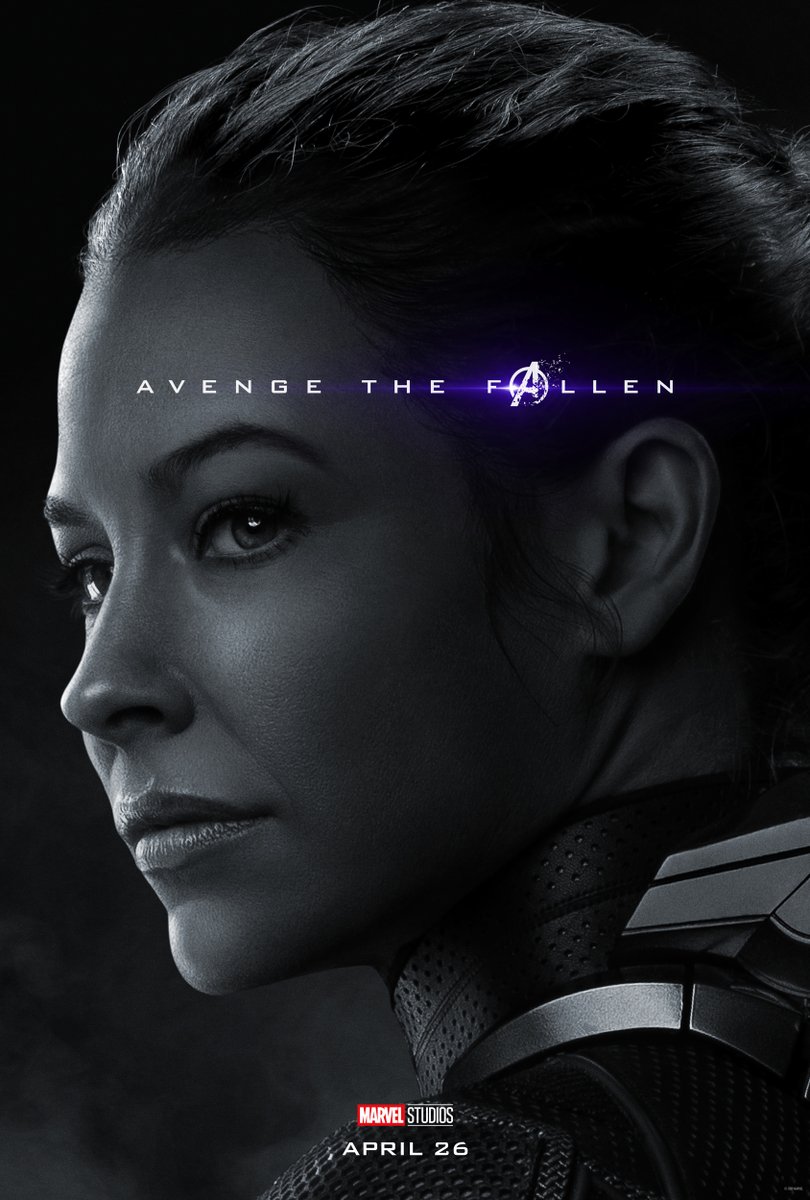
-
Avengers: Endgame
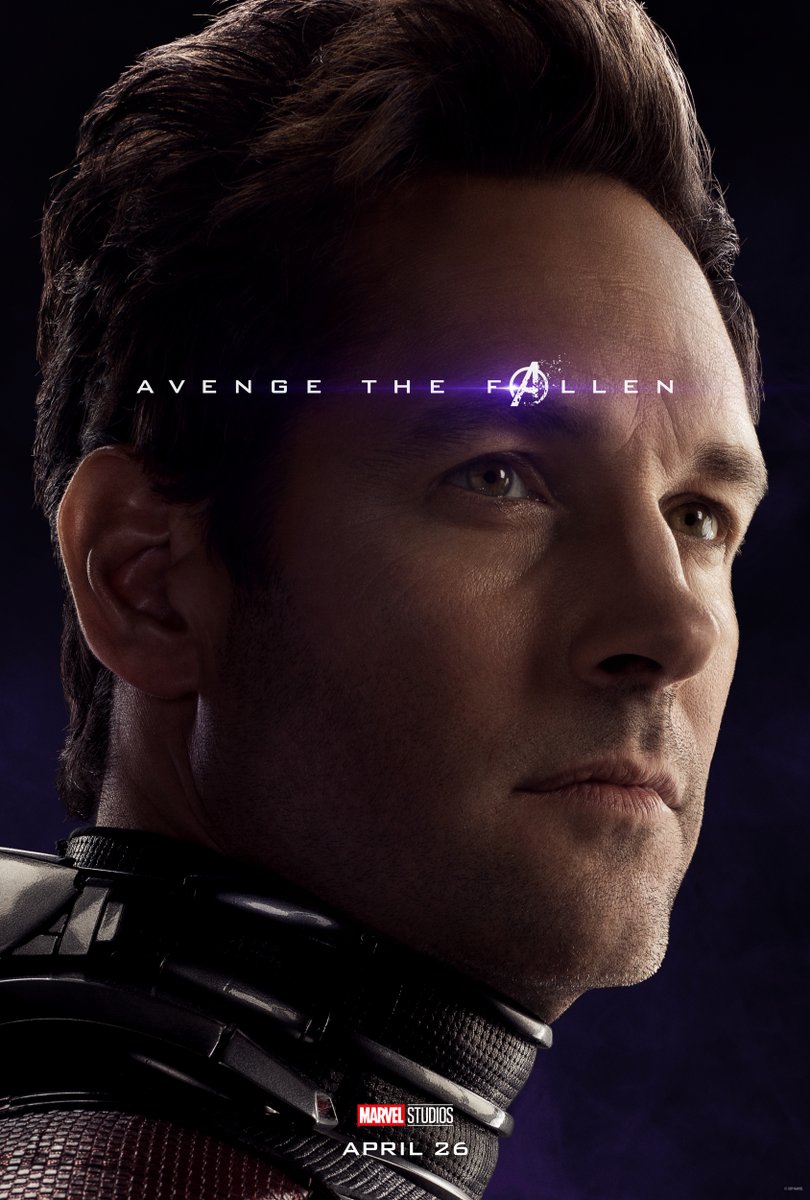
-
Avengers: Endgame
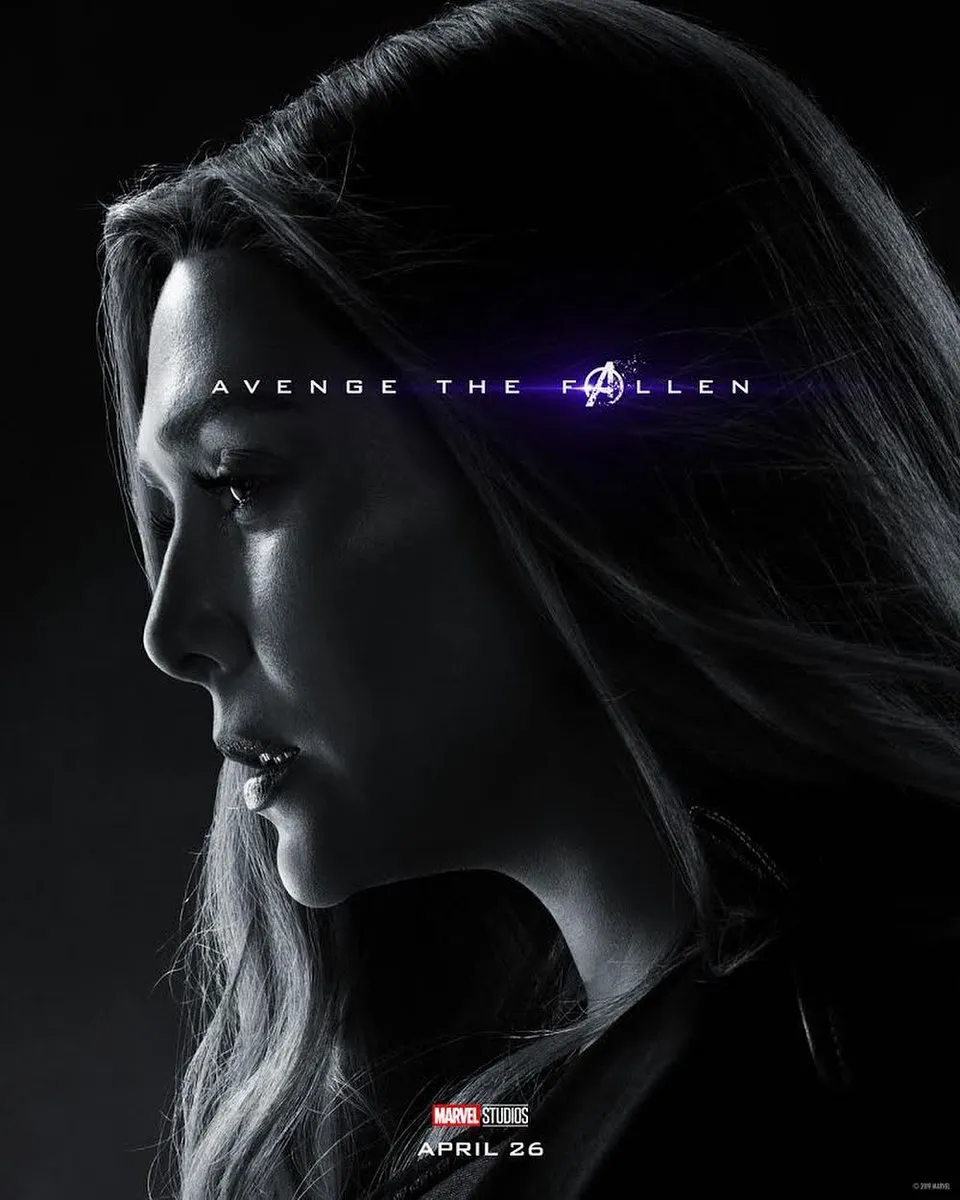
-
Avengers: Endgame
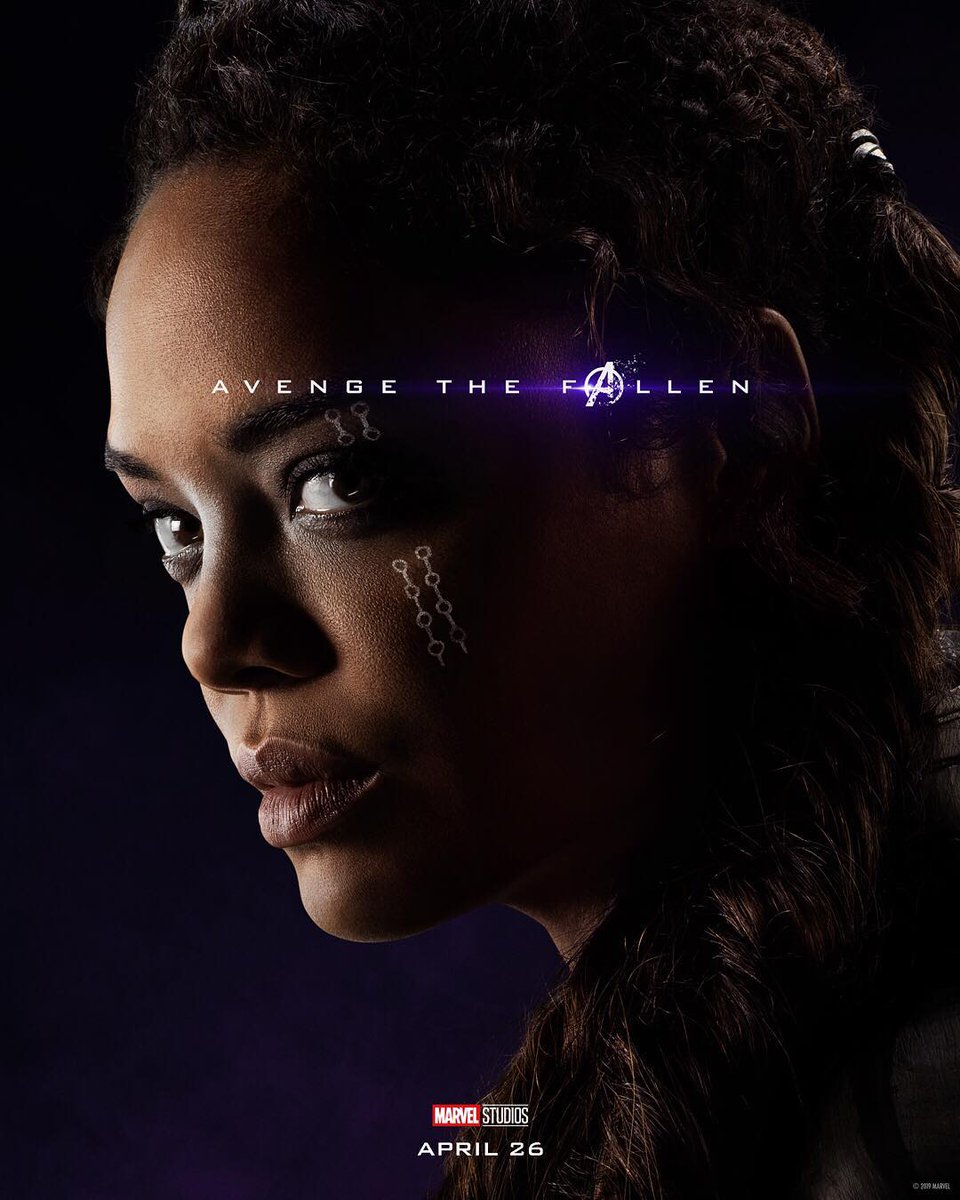
-
Avengers: Endgame
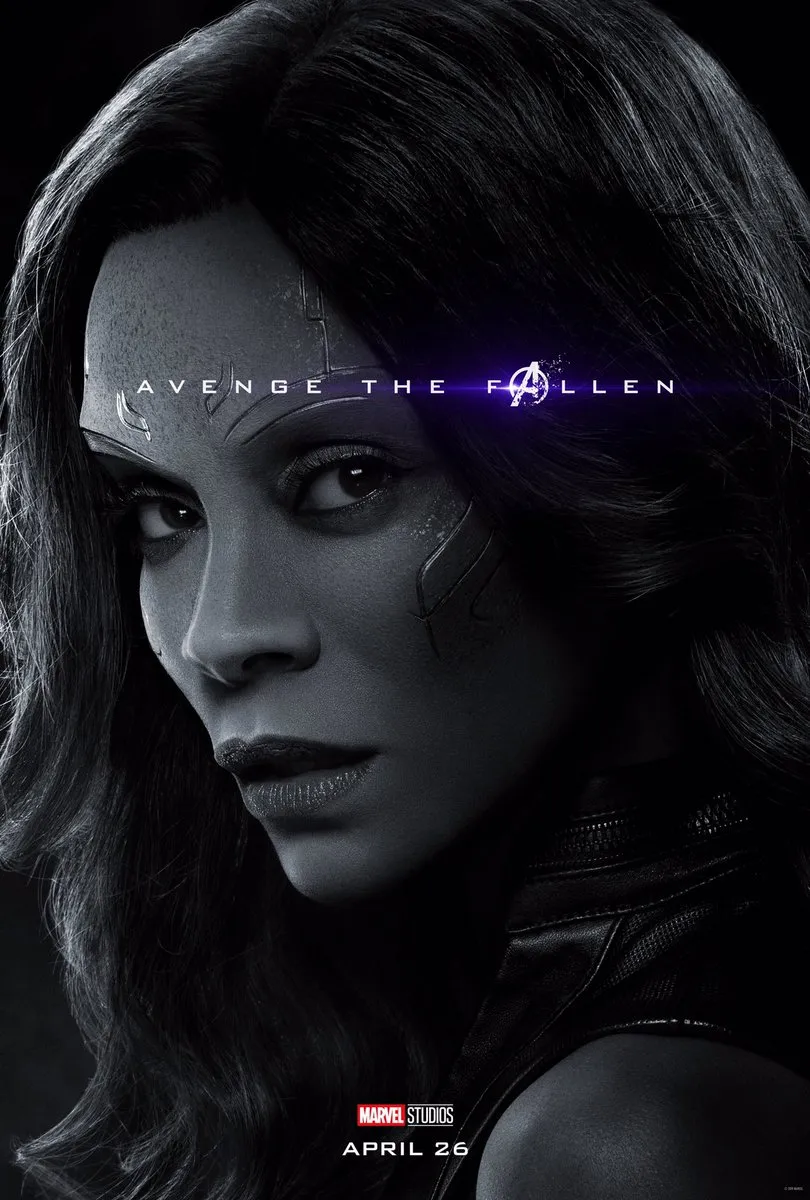
-
Avengers: Endgame
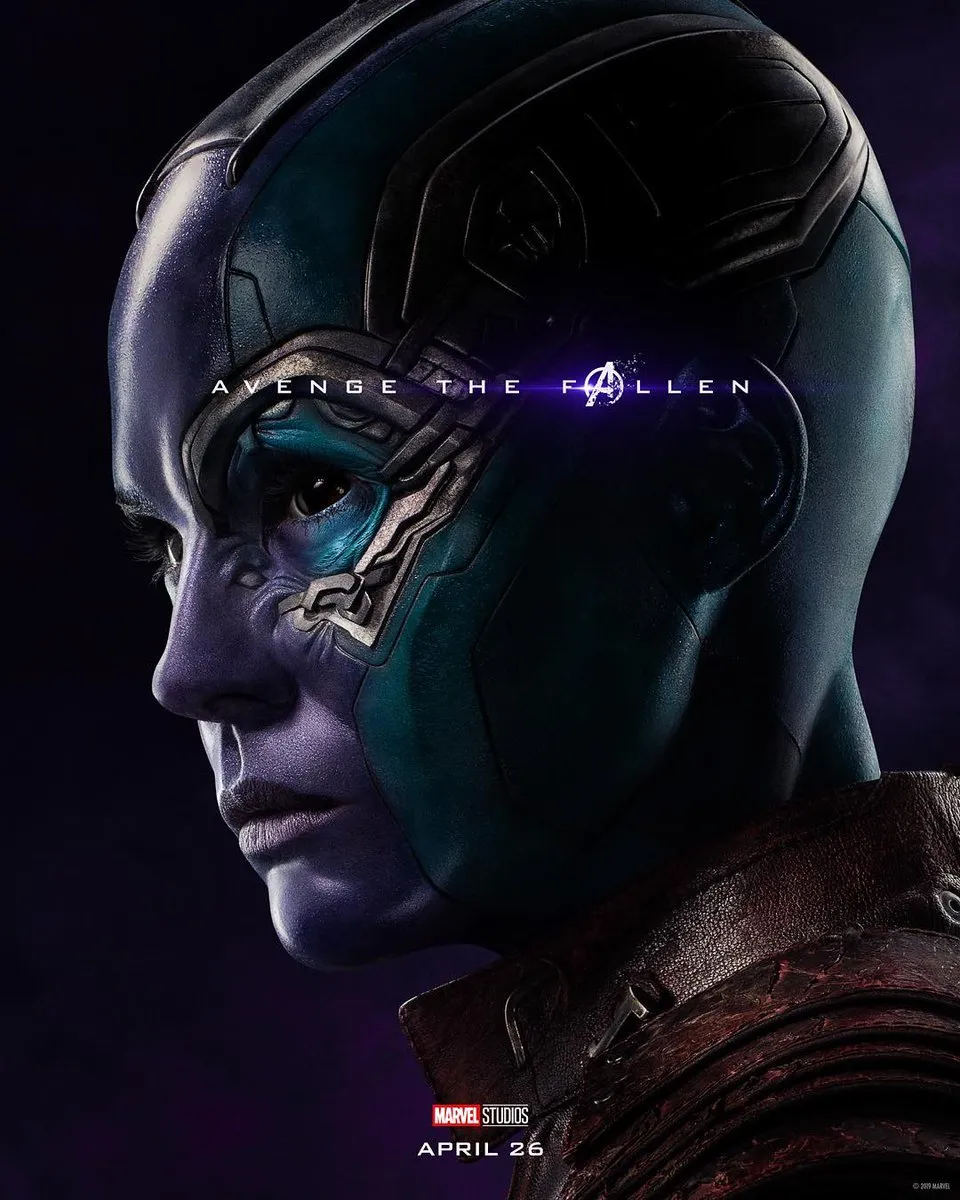
-
Avengers: Endgame
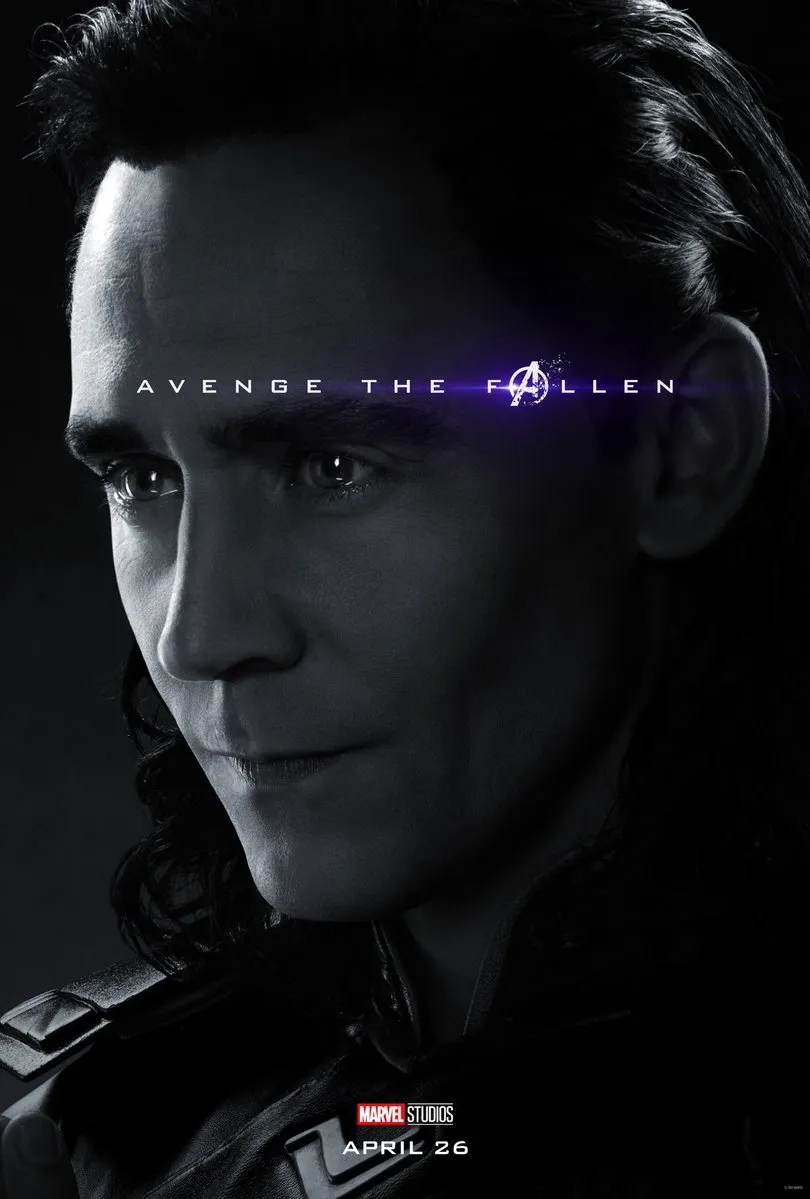
-
Avengers: Endgame
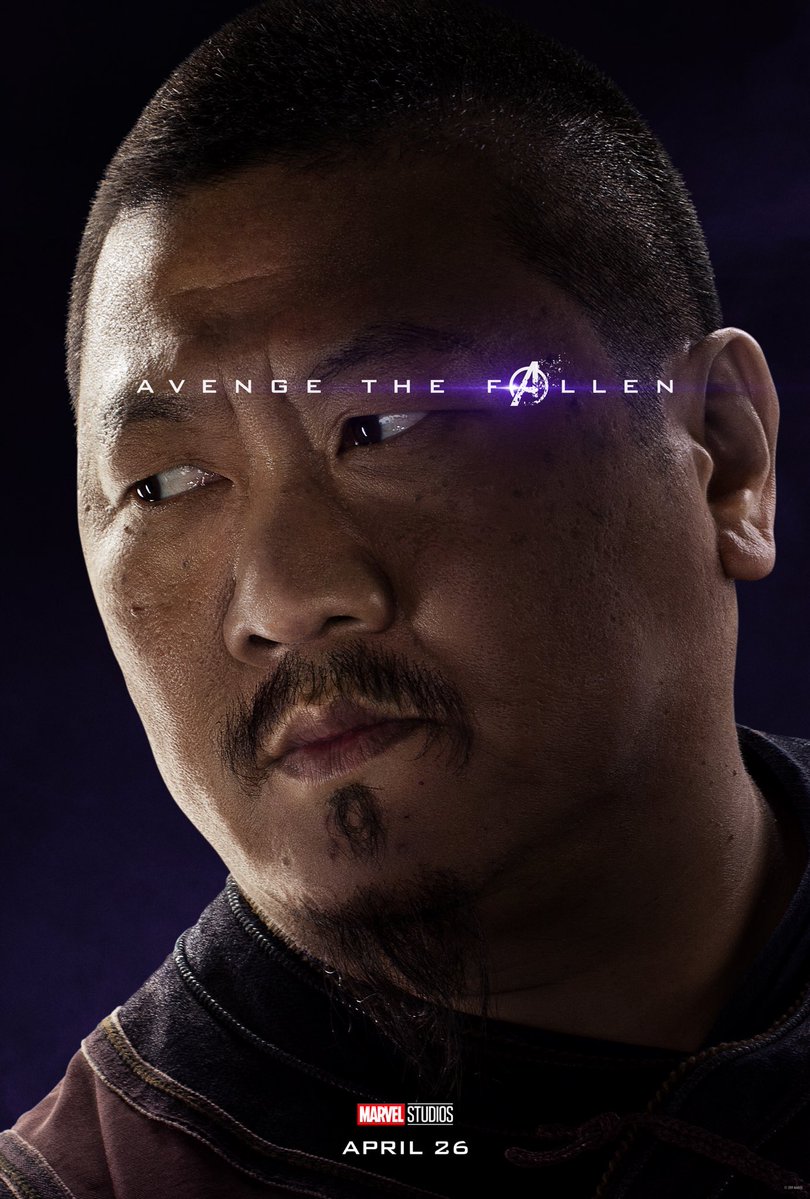
-
Avengers: Endgame
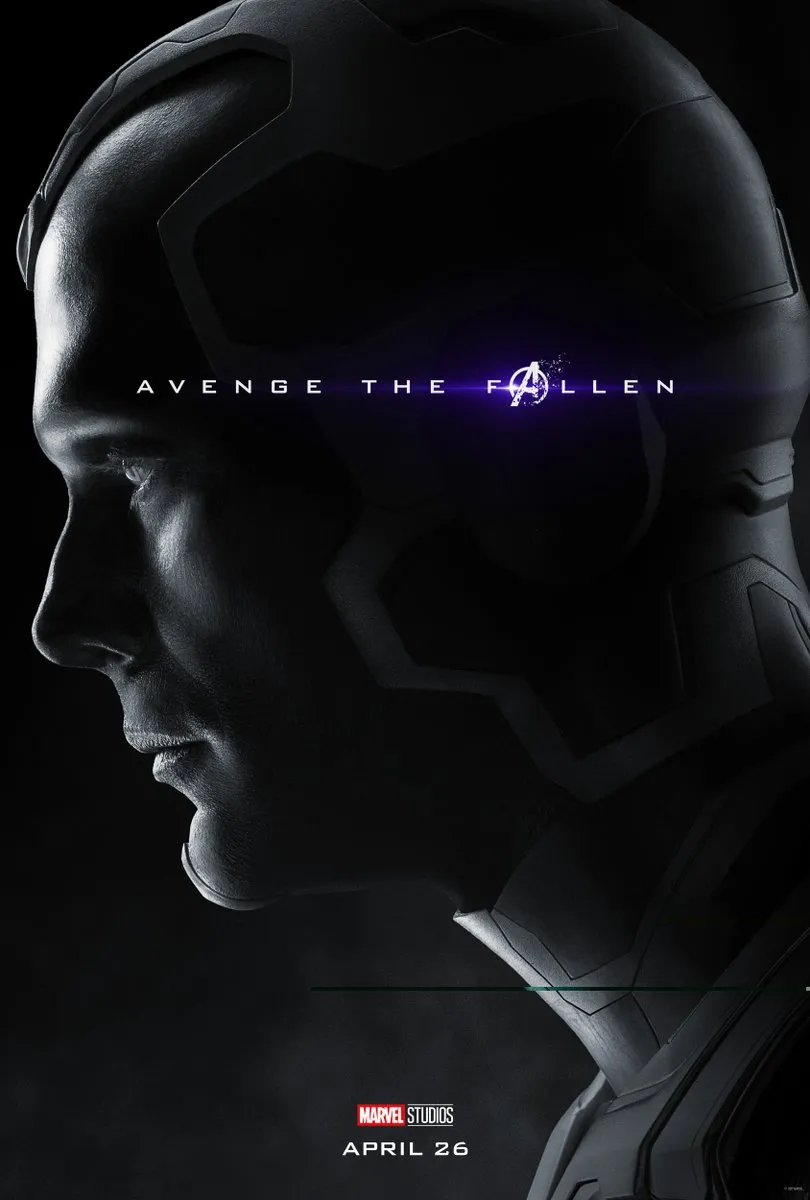
-
Avengers: Endgame
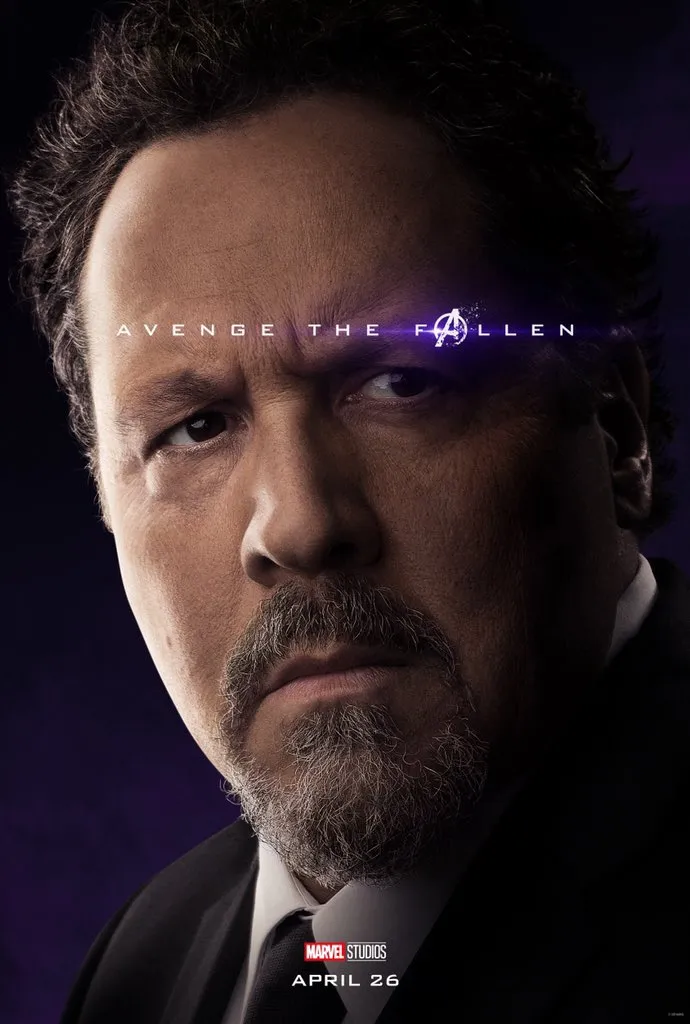
-
Avengers: Endgame
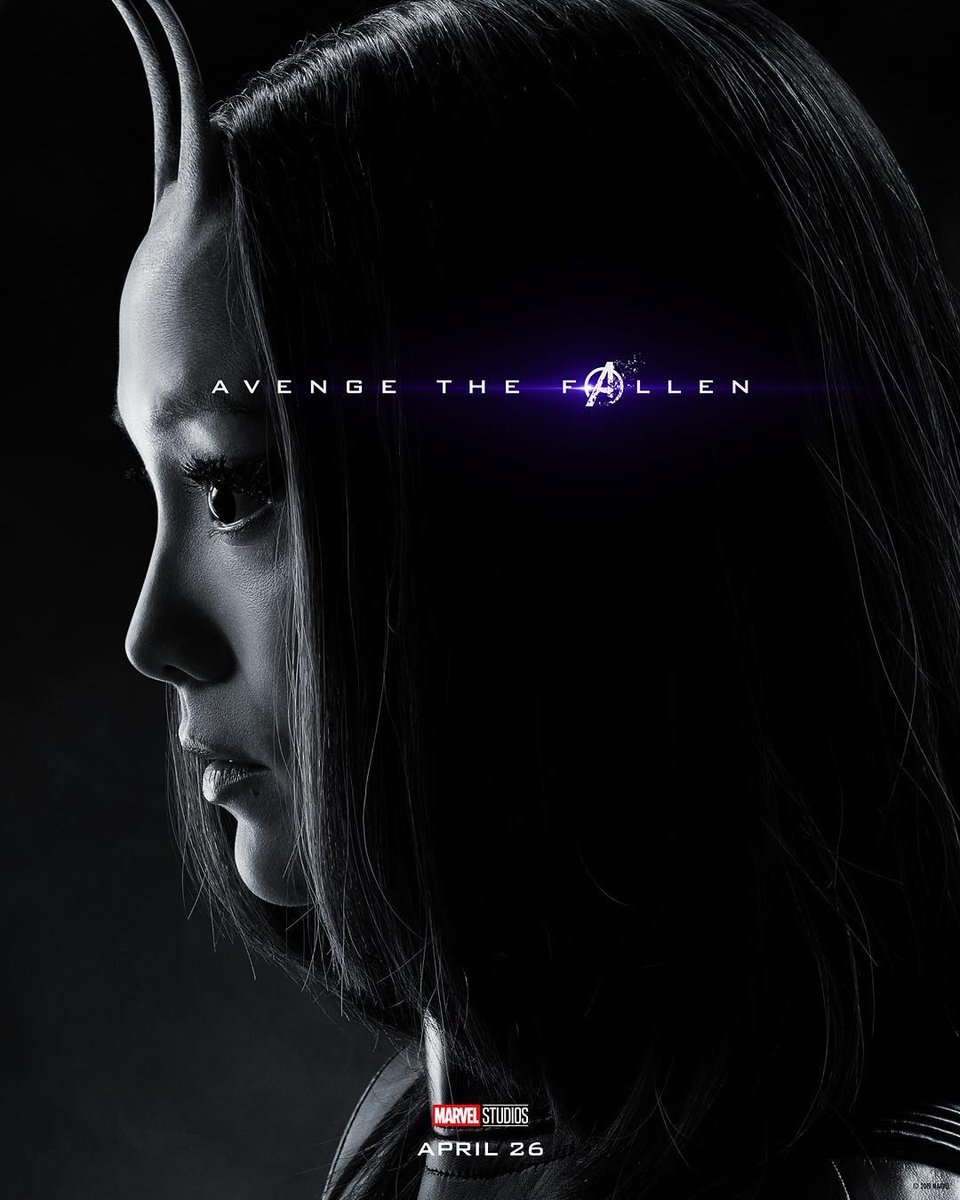
-
Avengers: Endgame
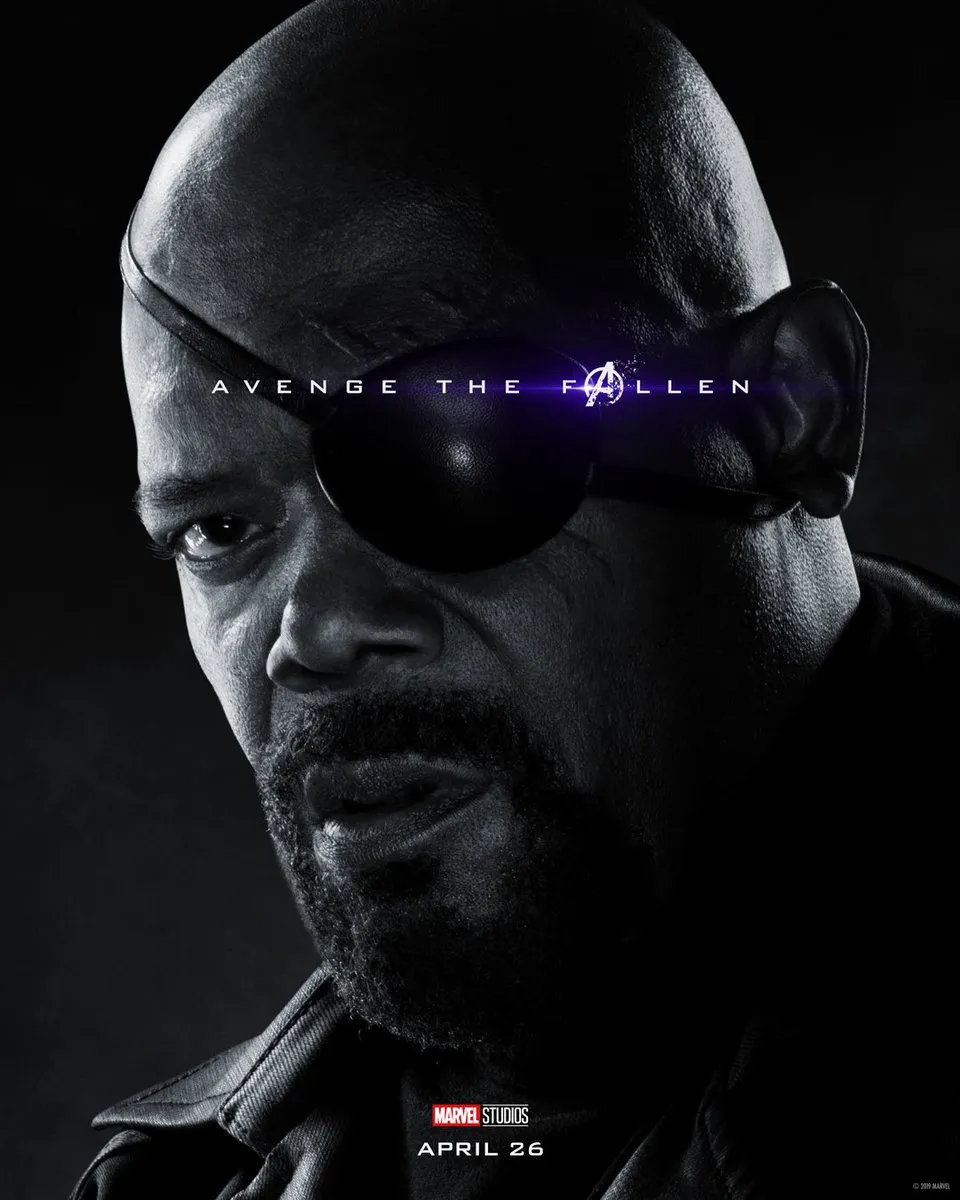
-
Avengers: Endgame
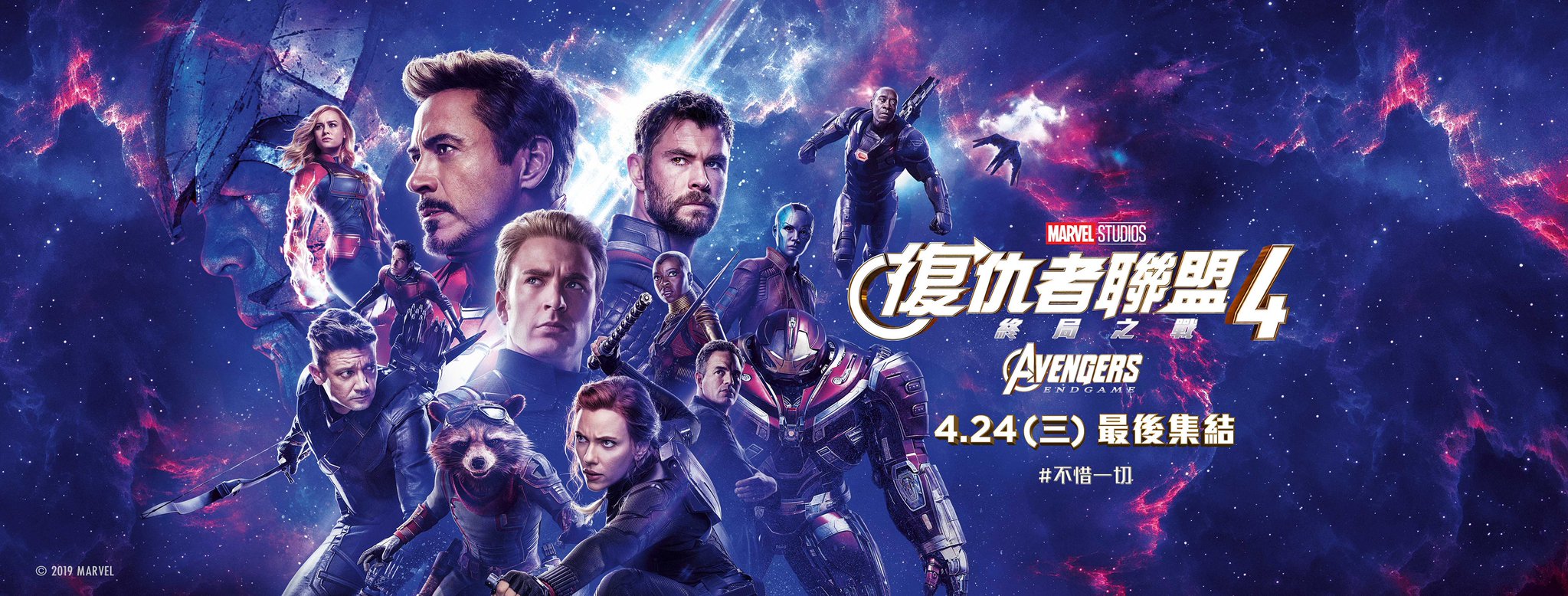
-
Avengers: Endgame
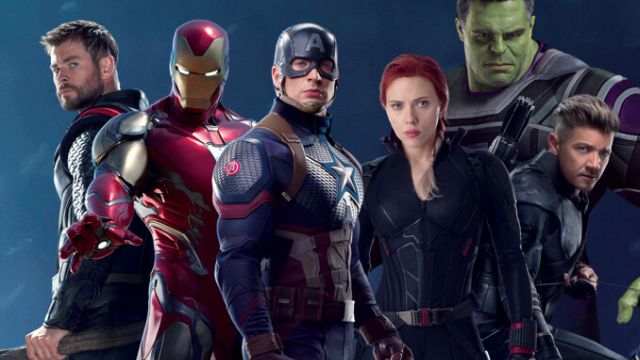
-
Avengers: Endgame

-
Avengers: Endgame

-
Avengers: Endgame

